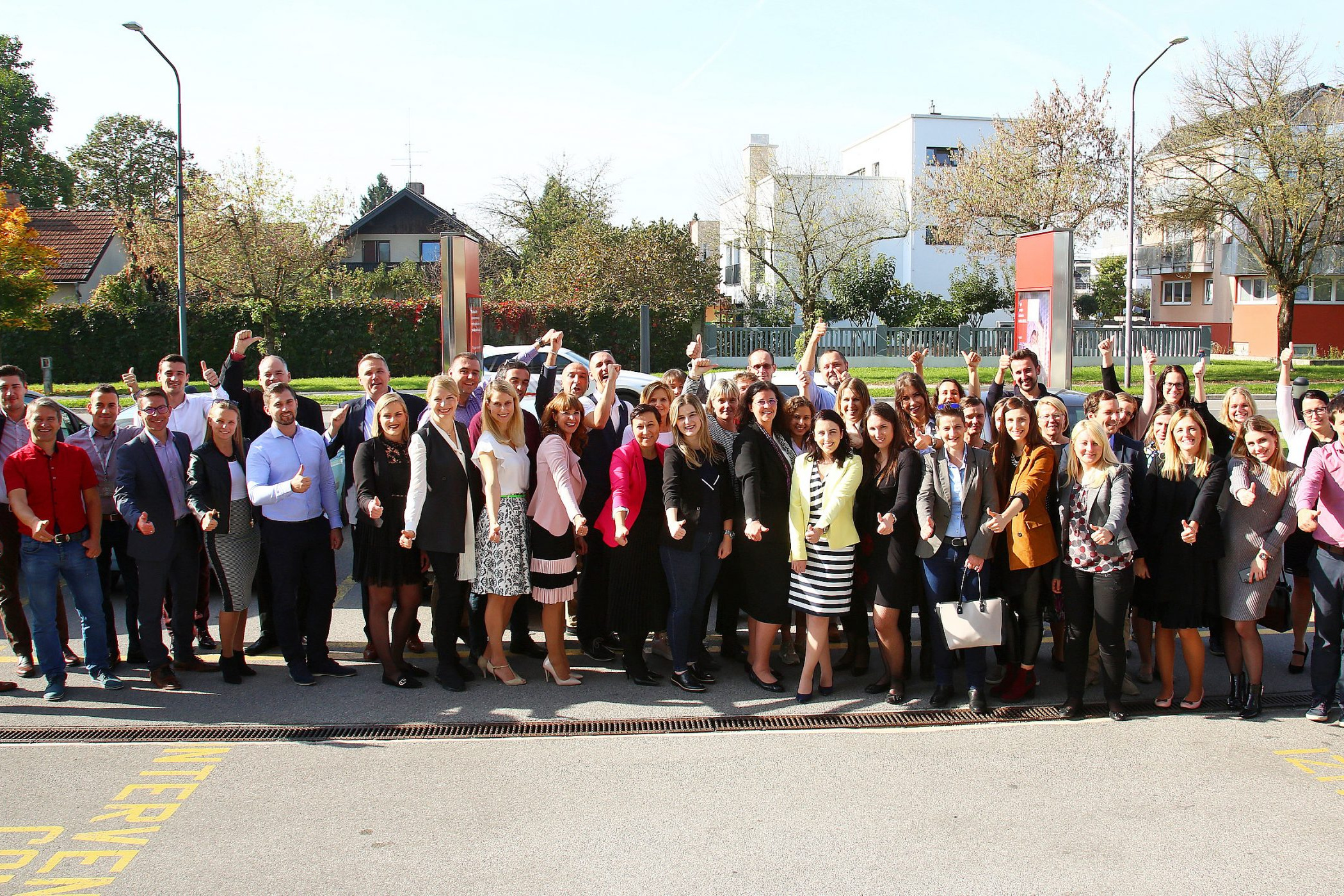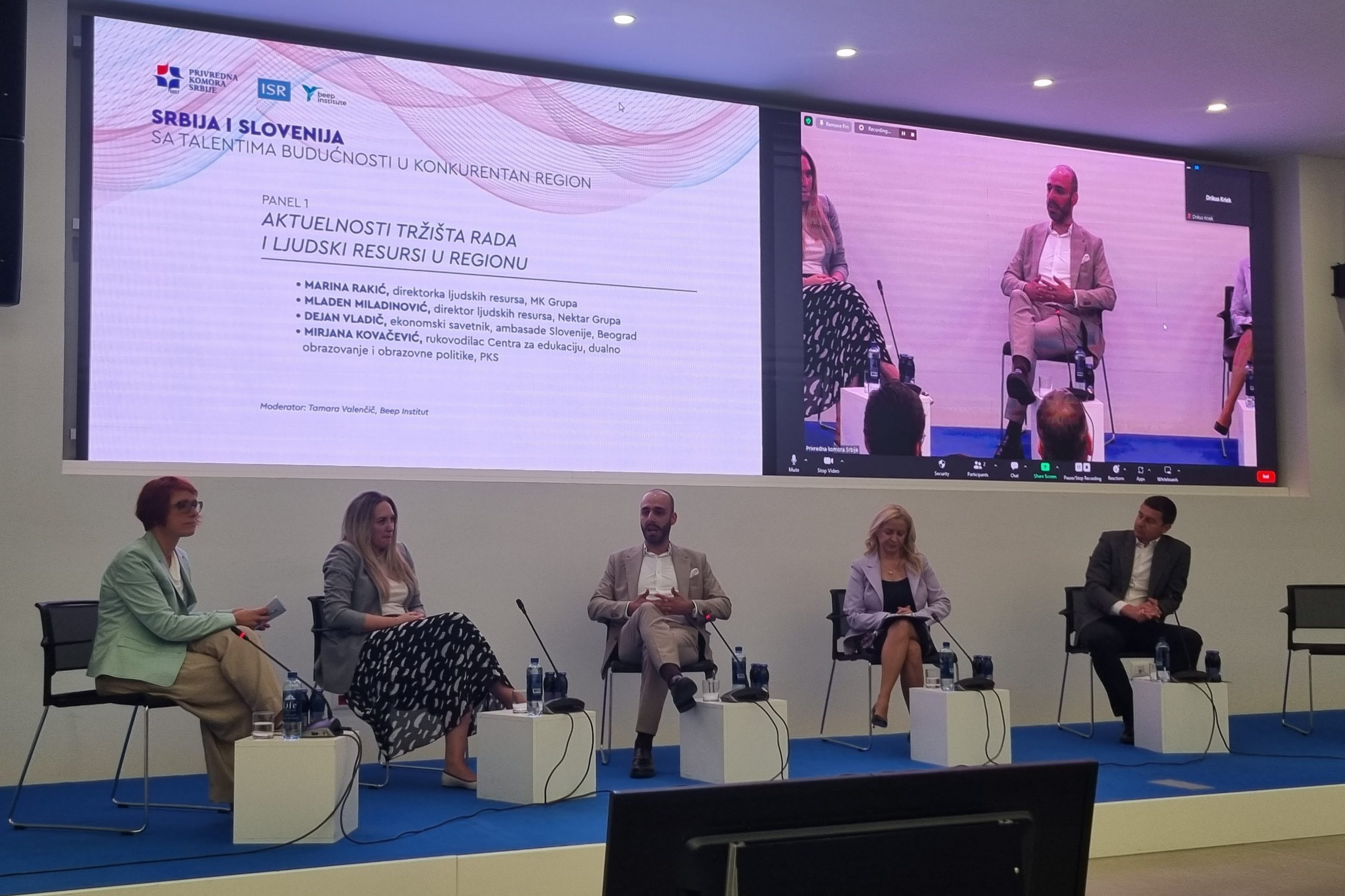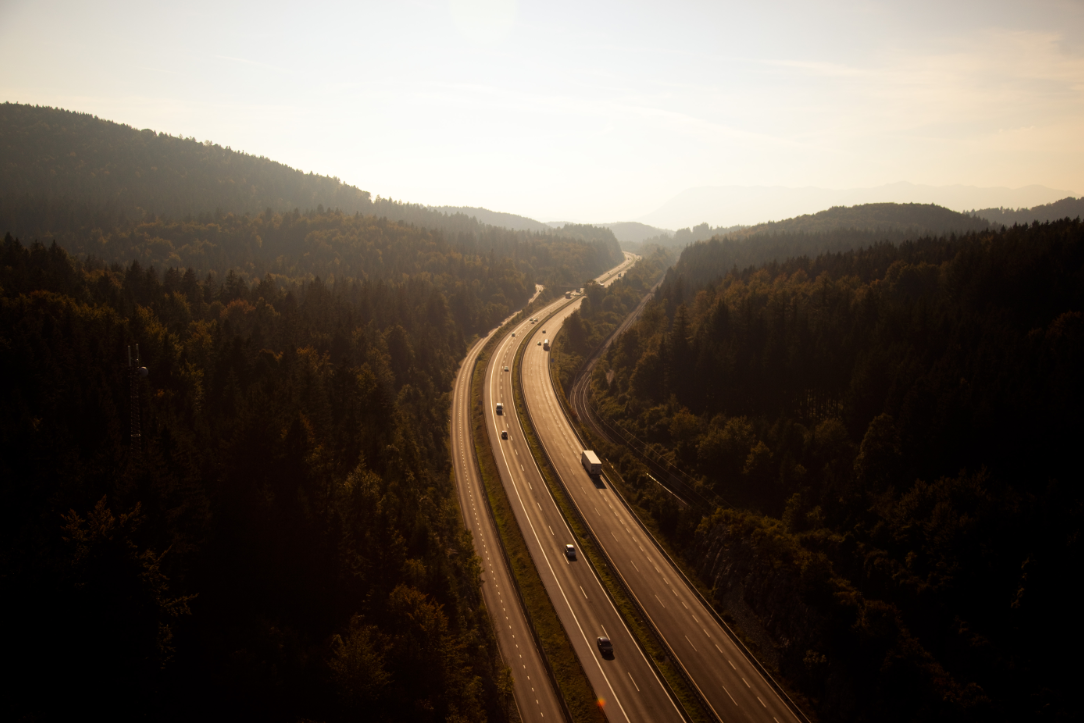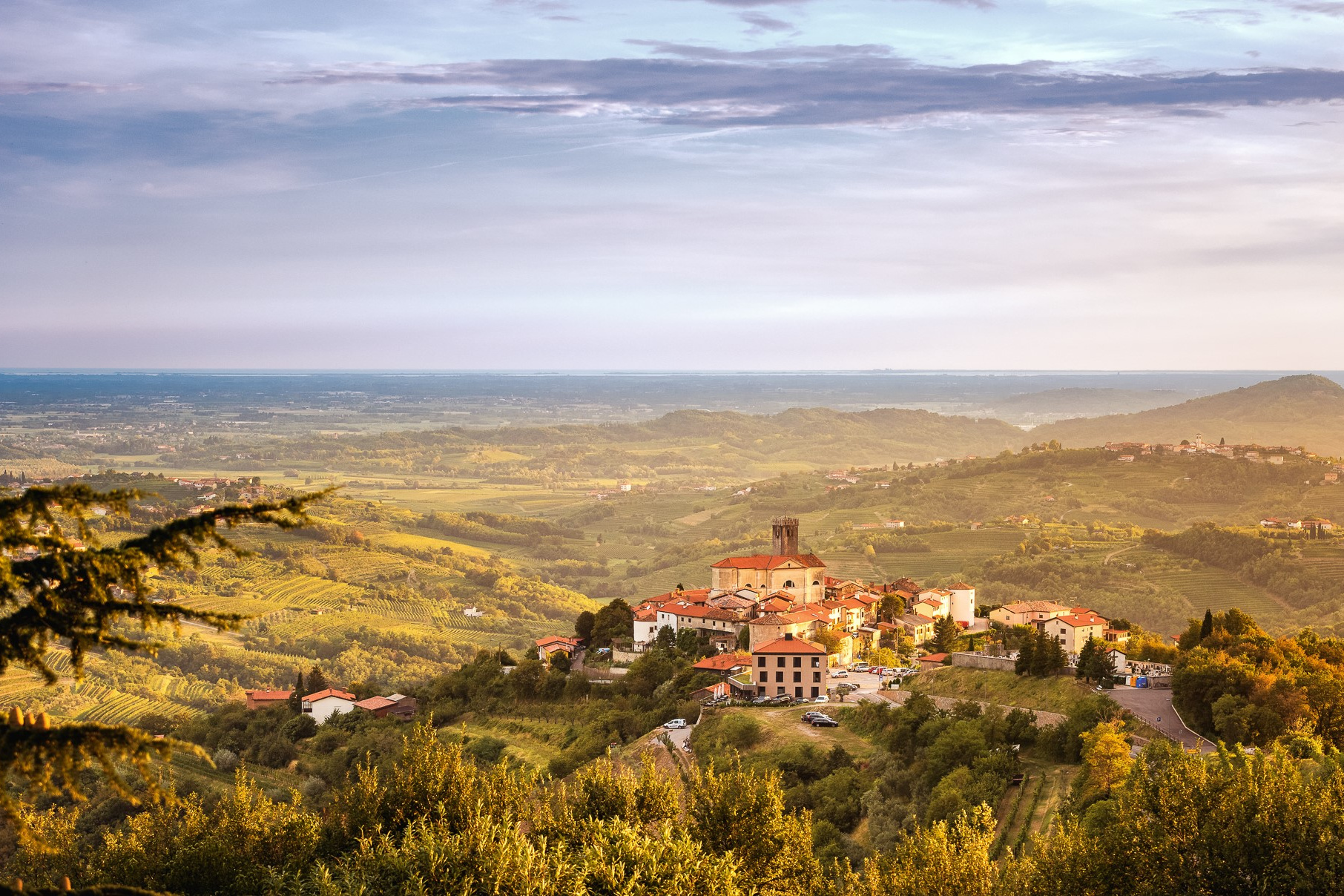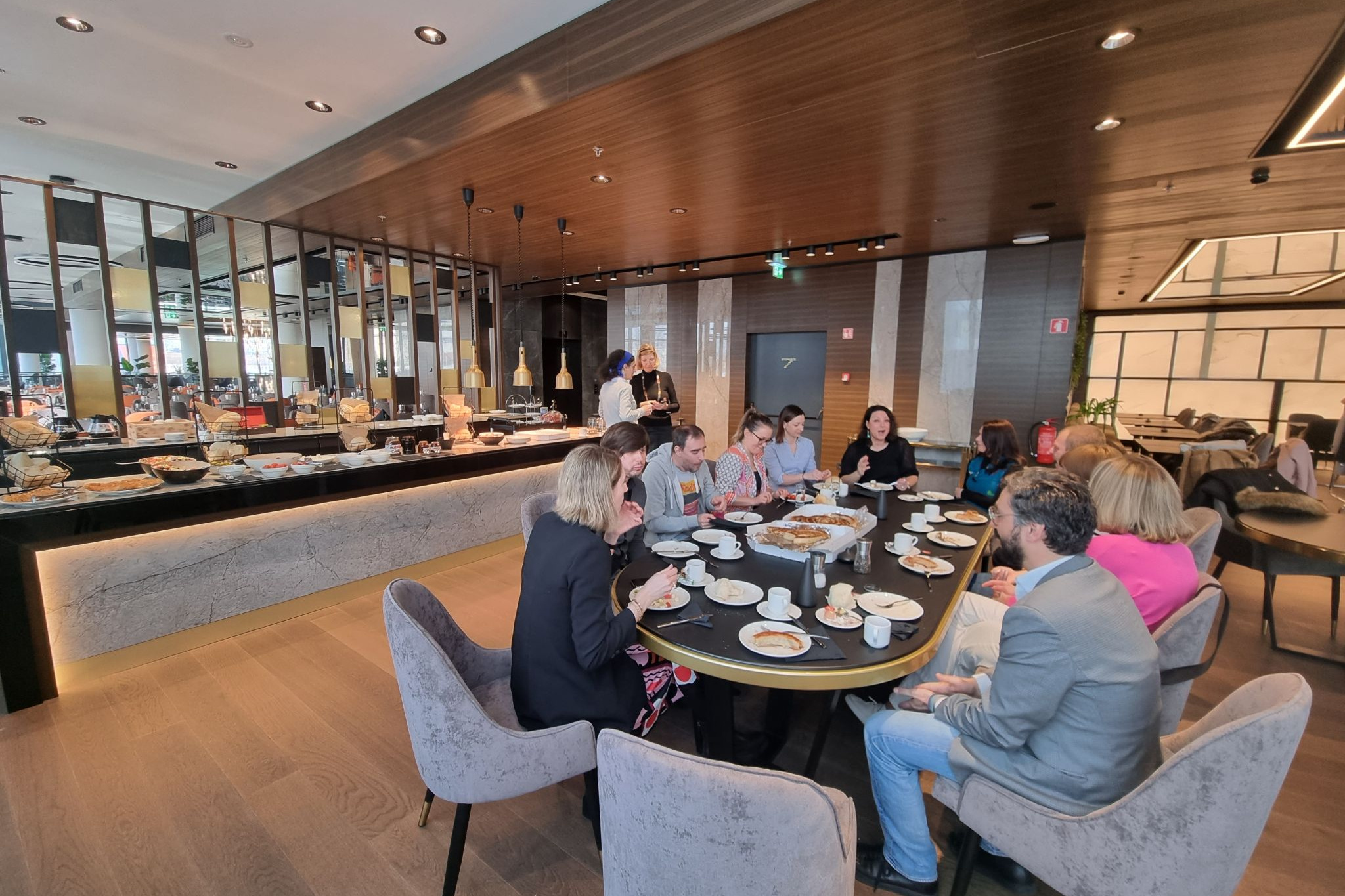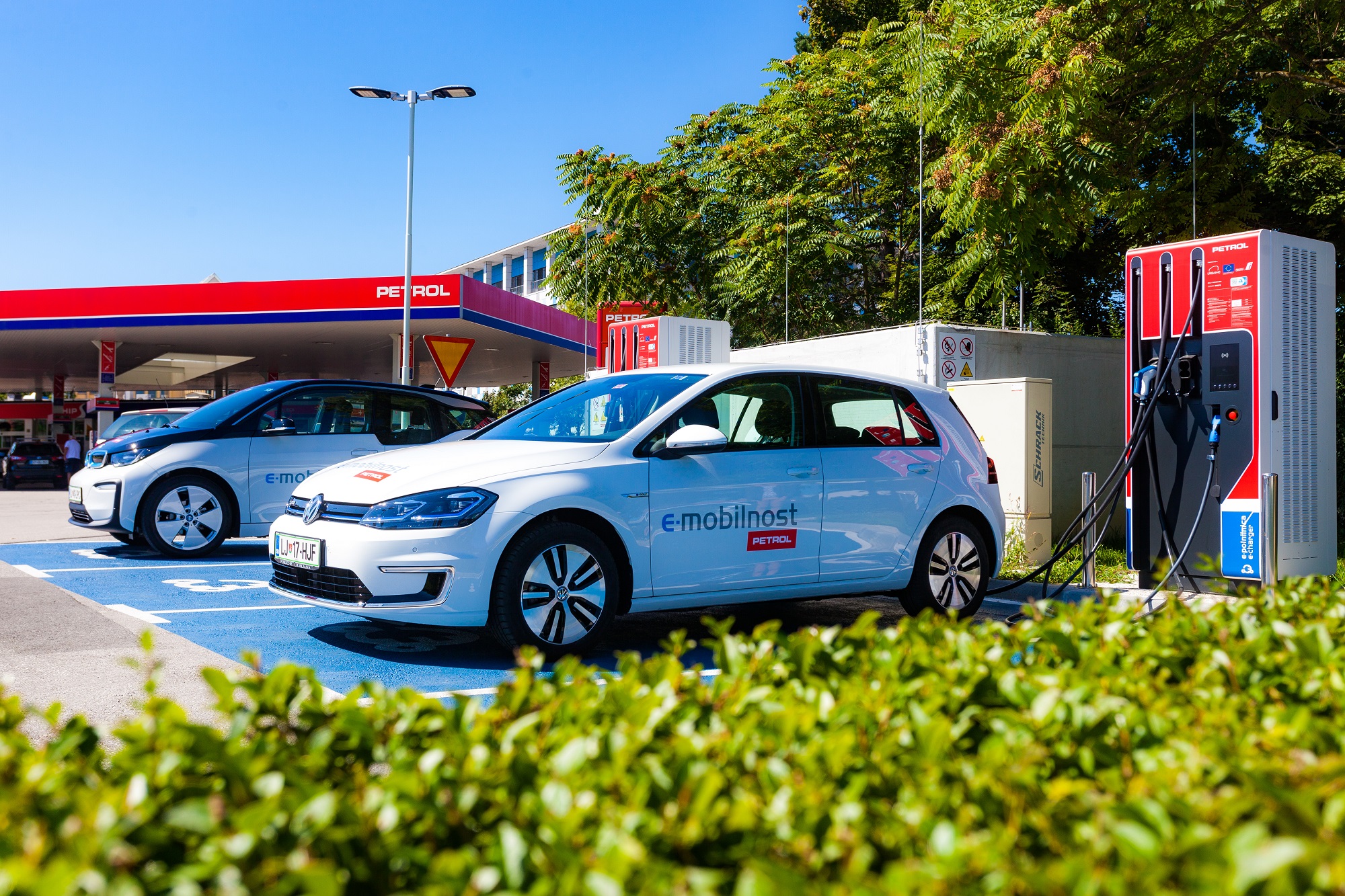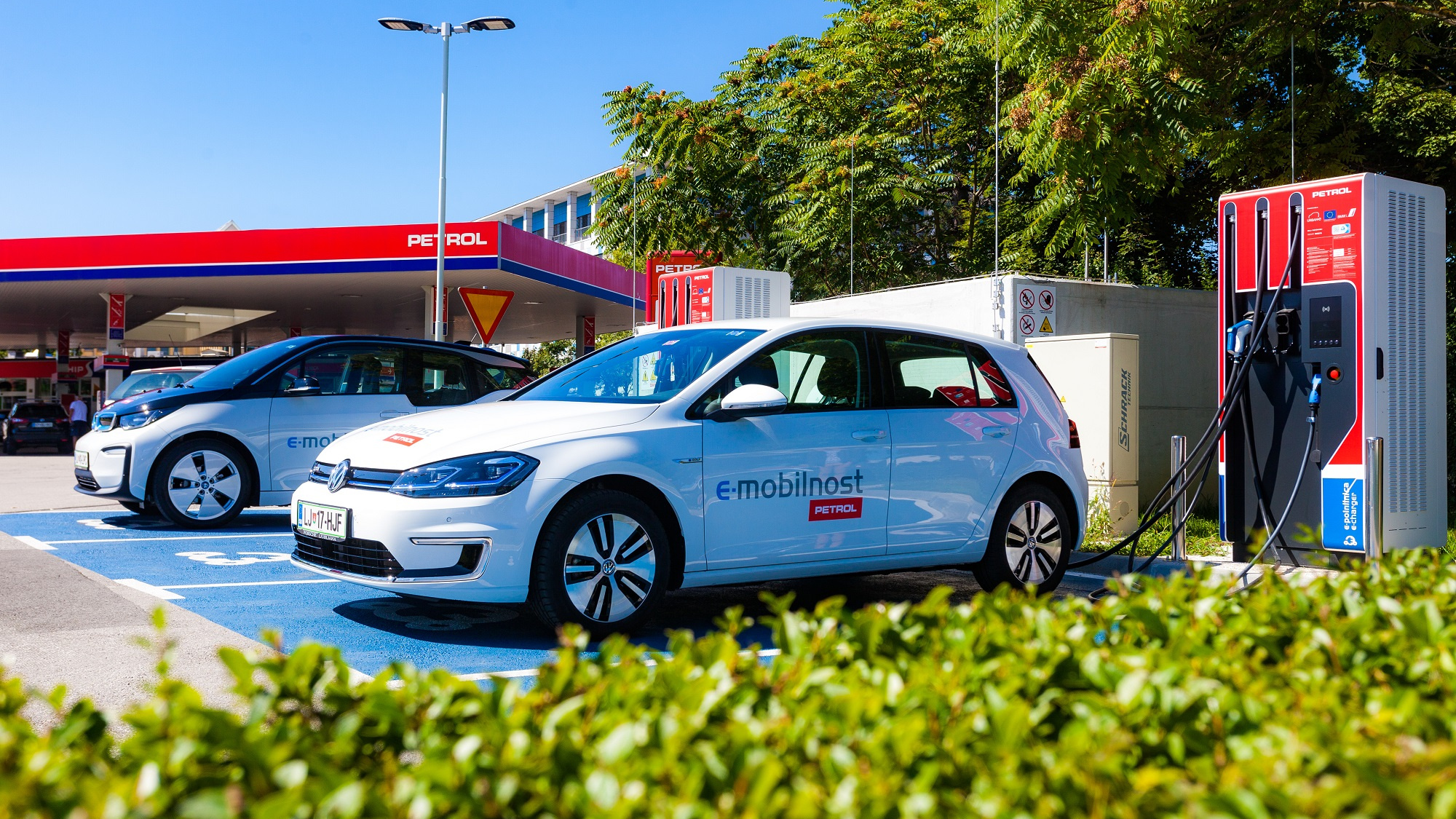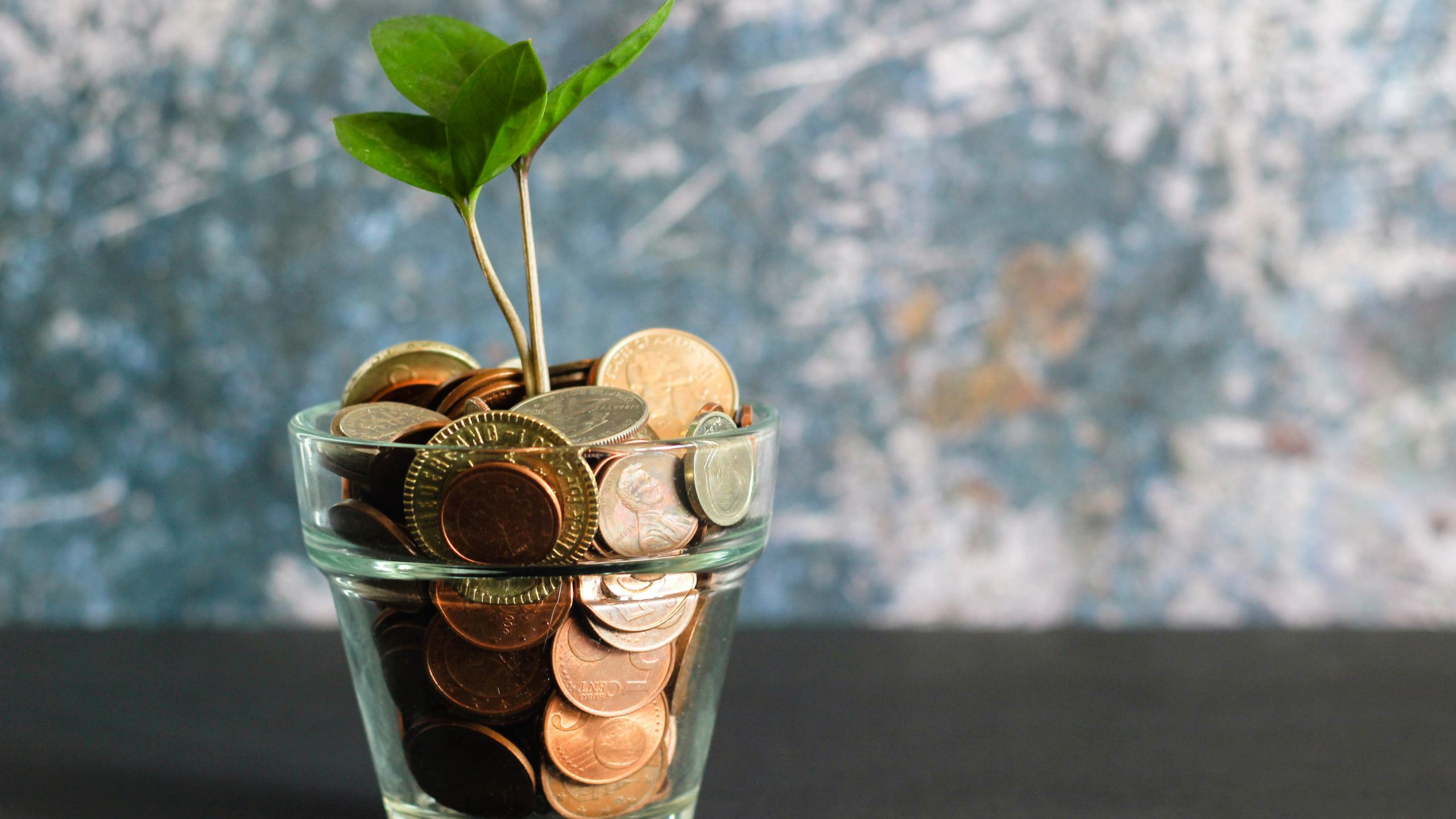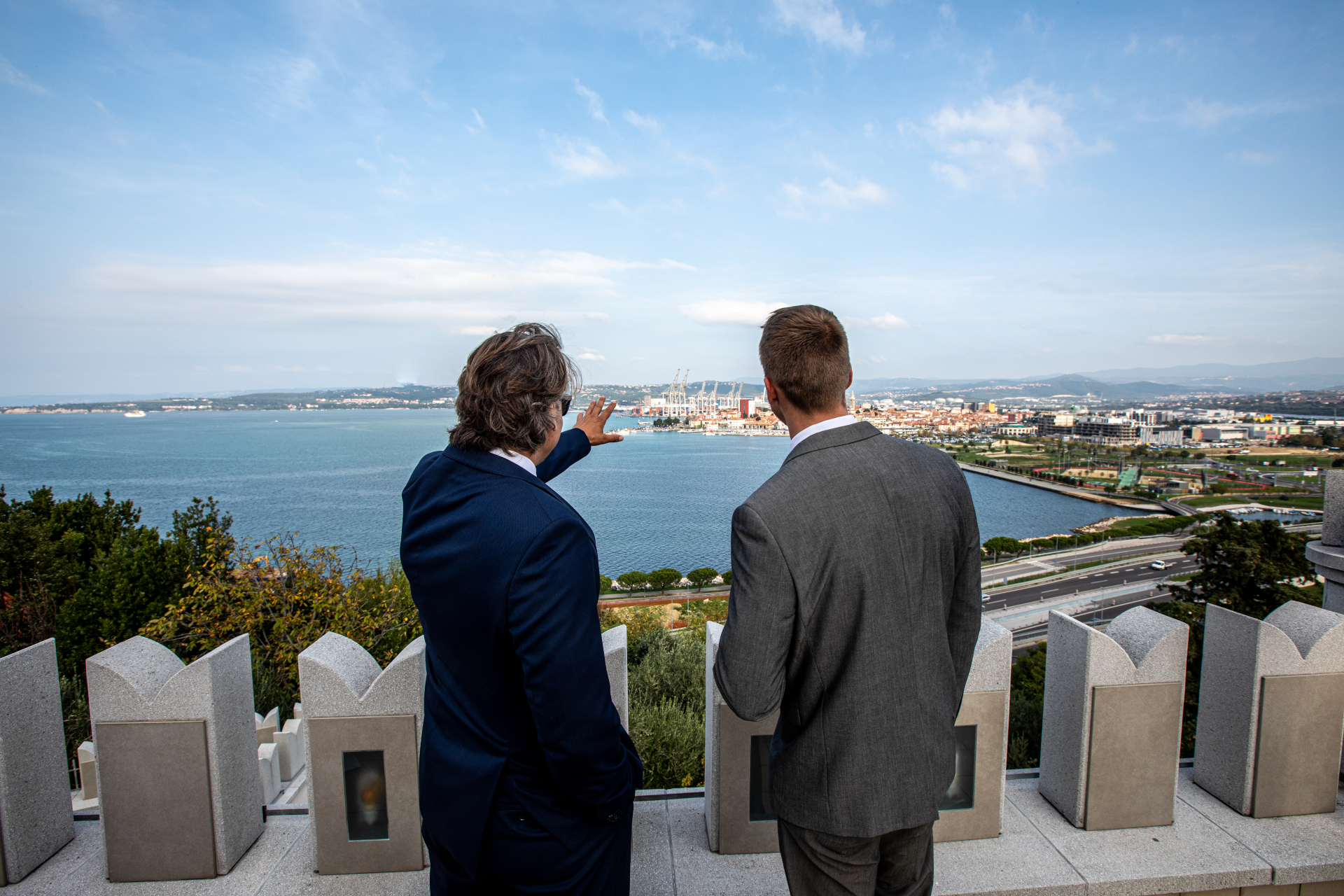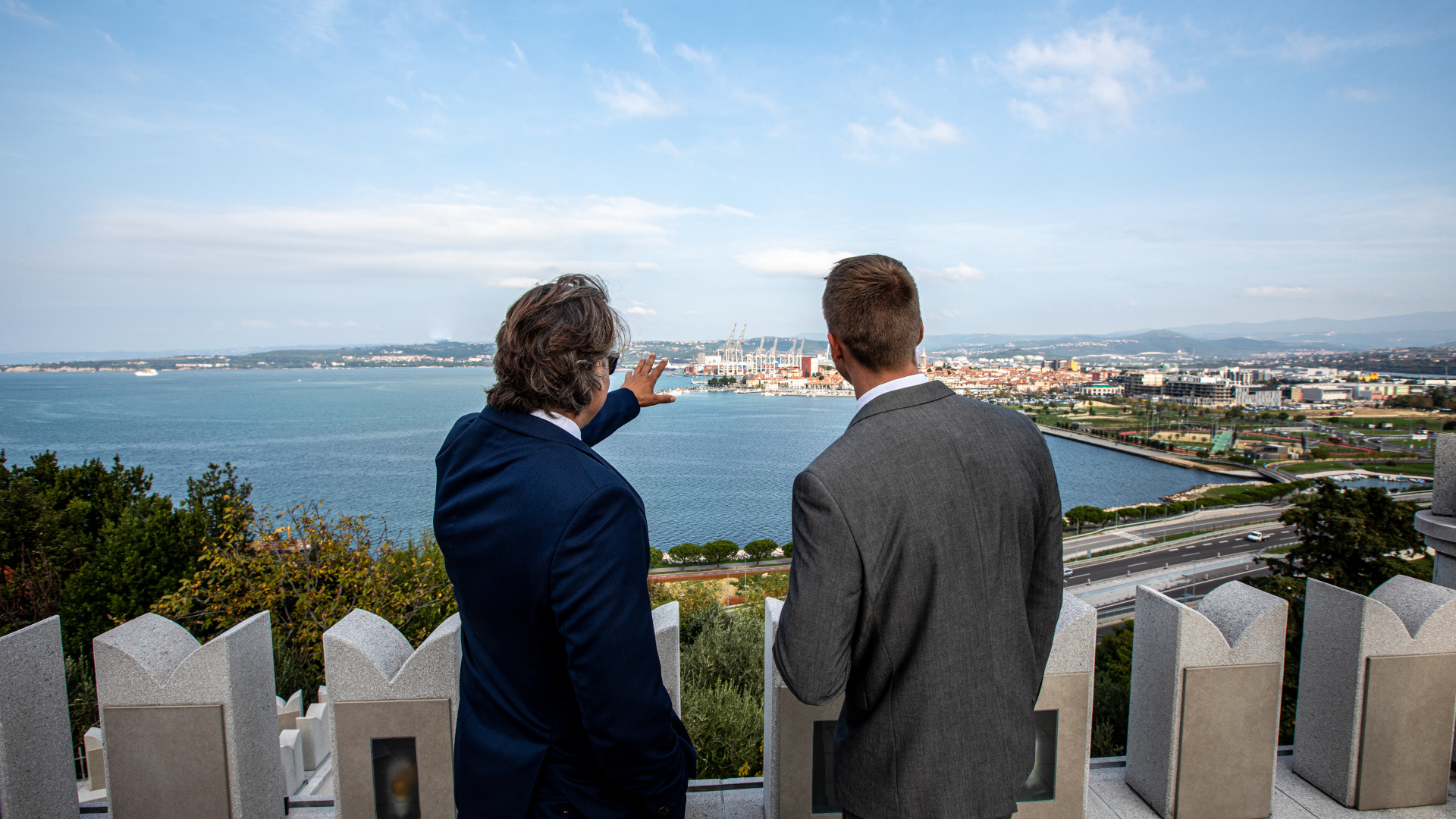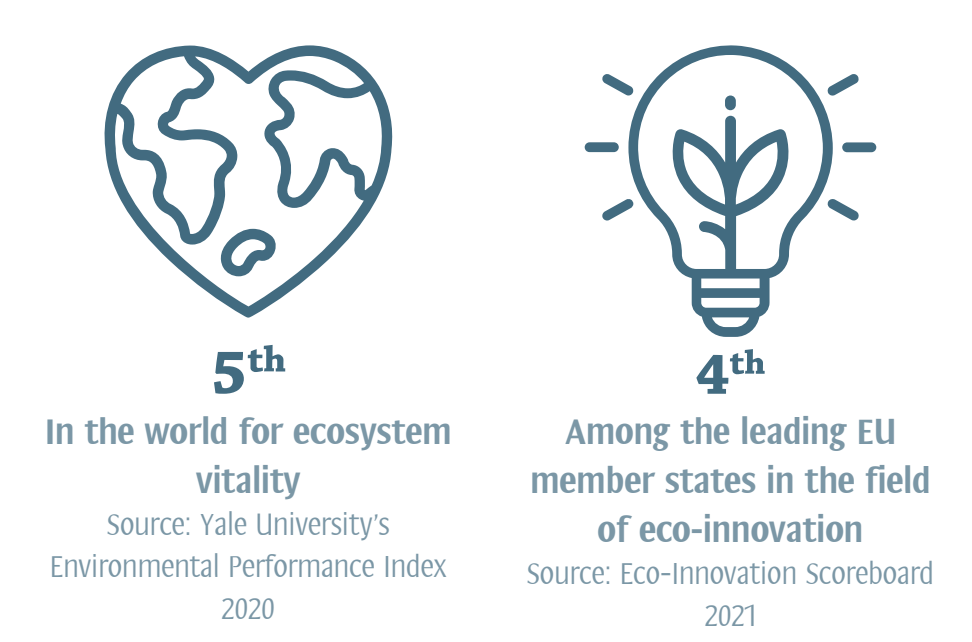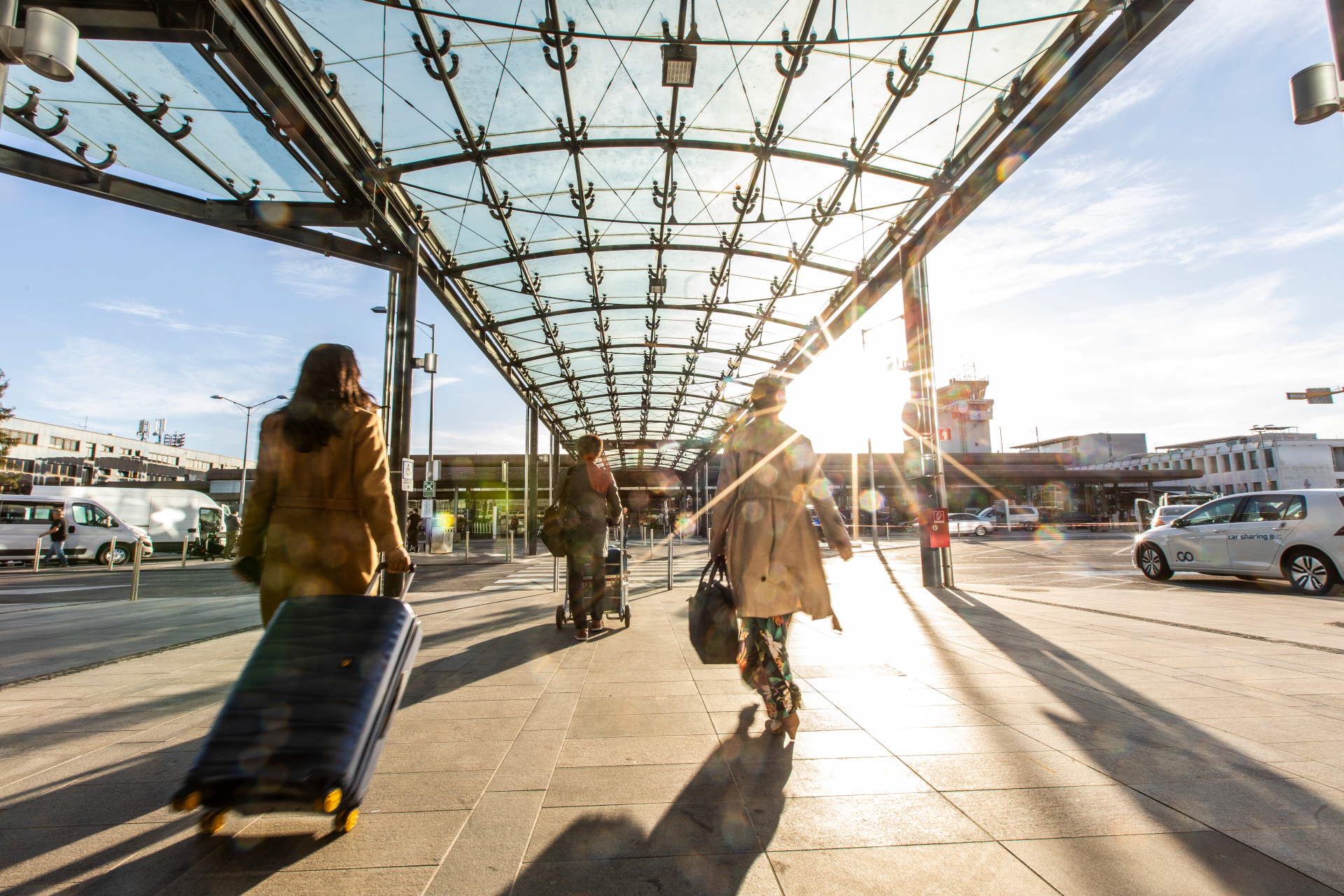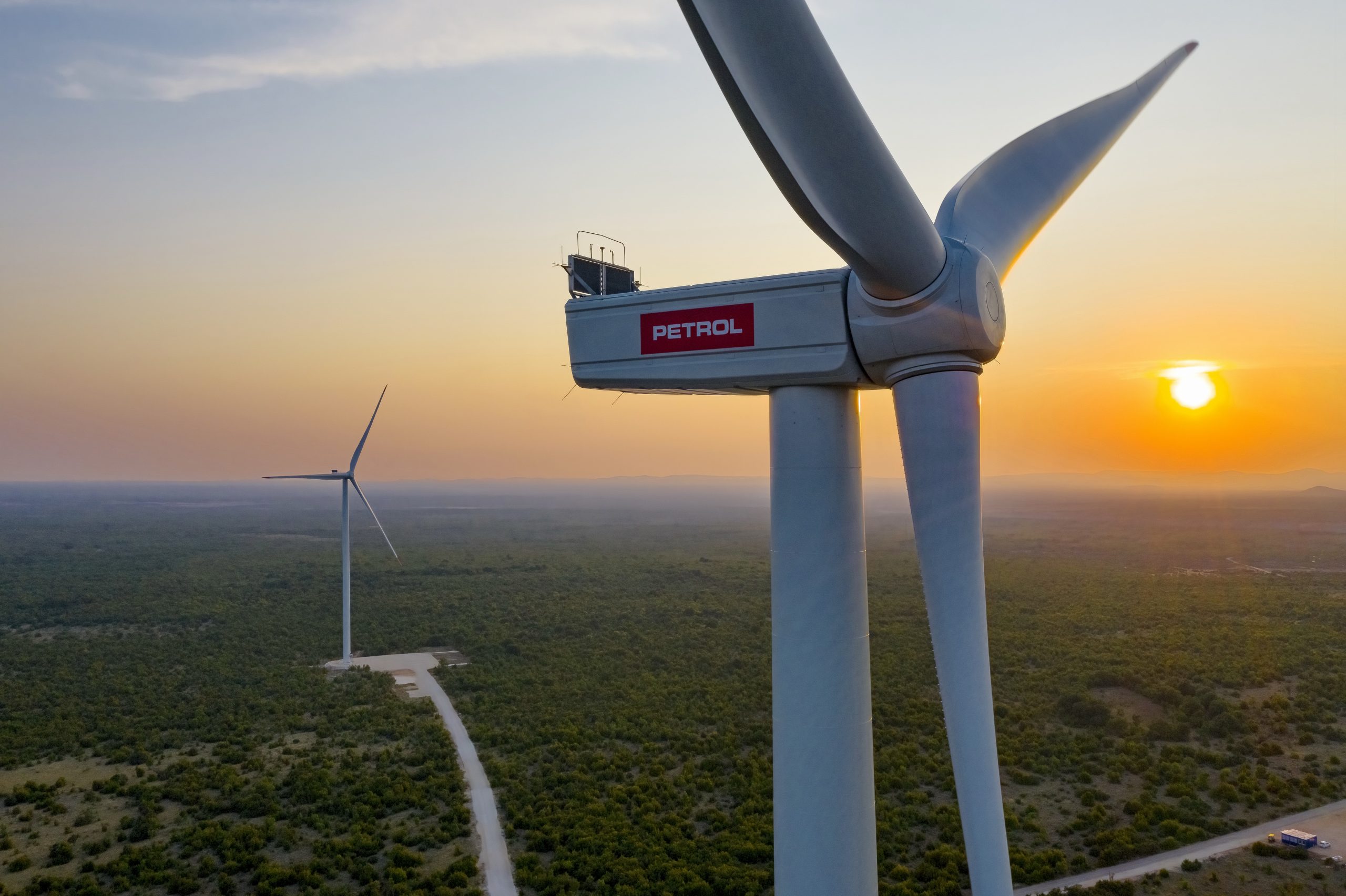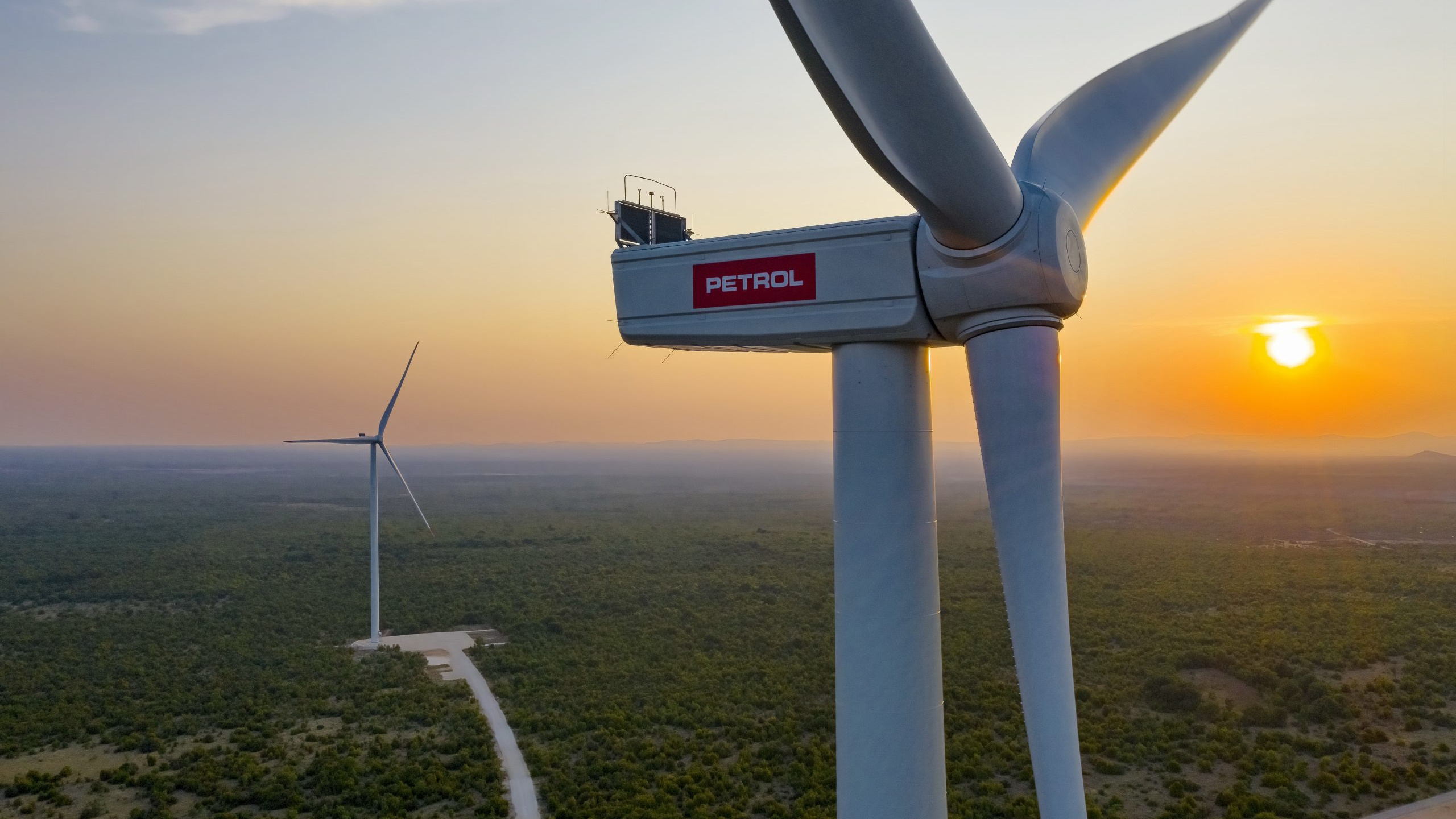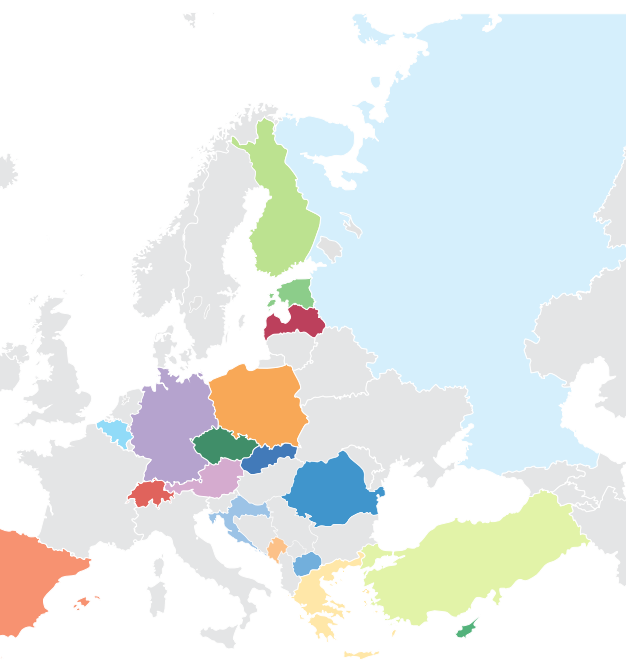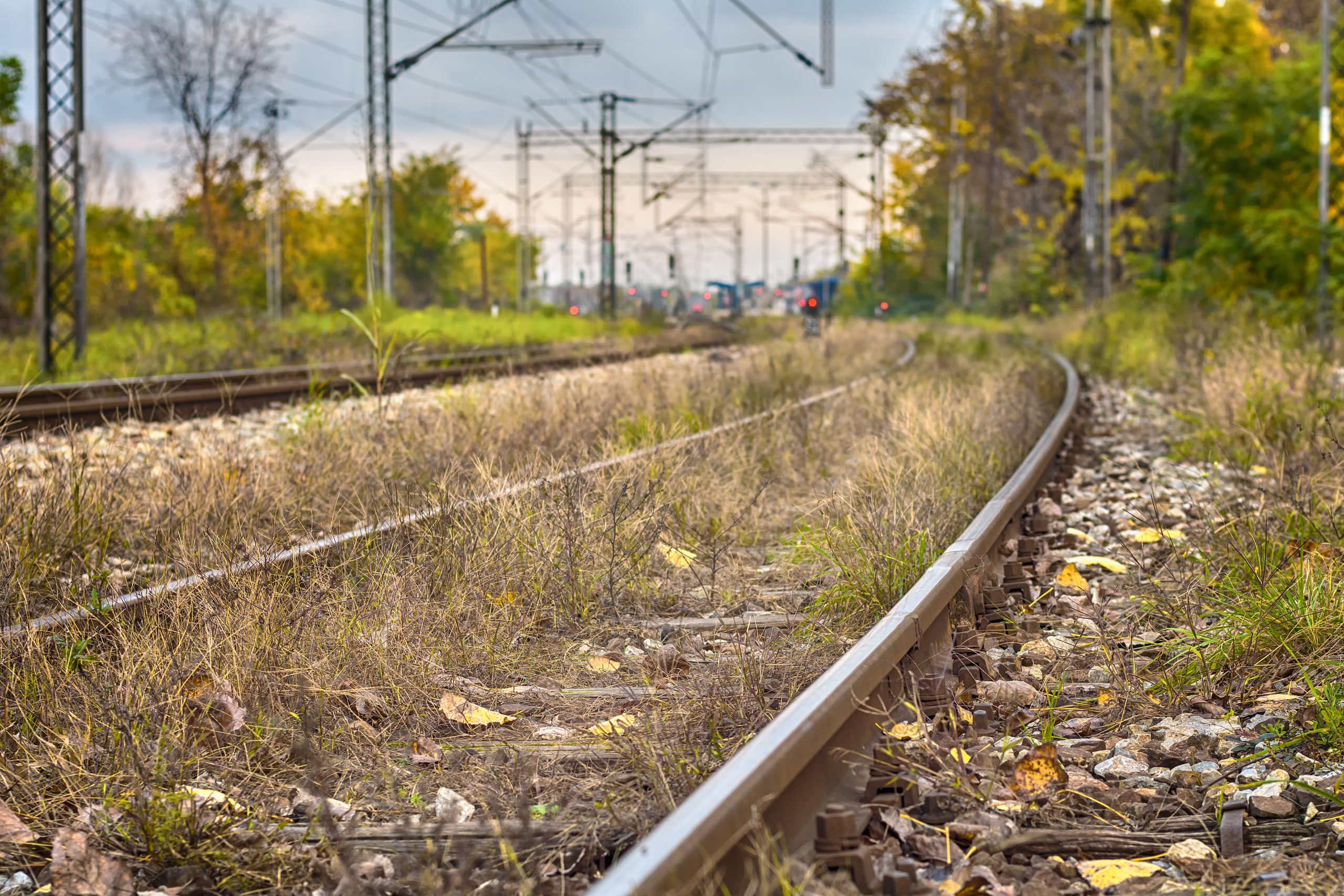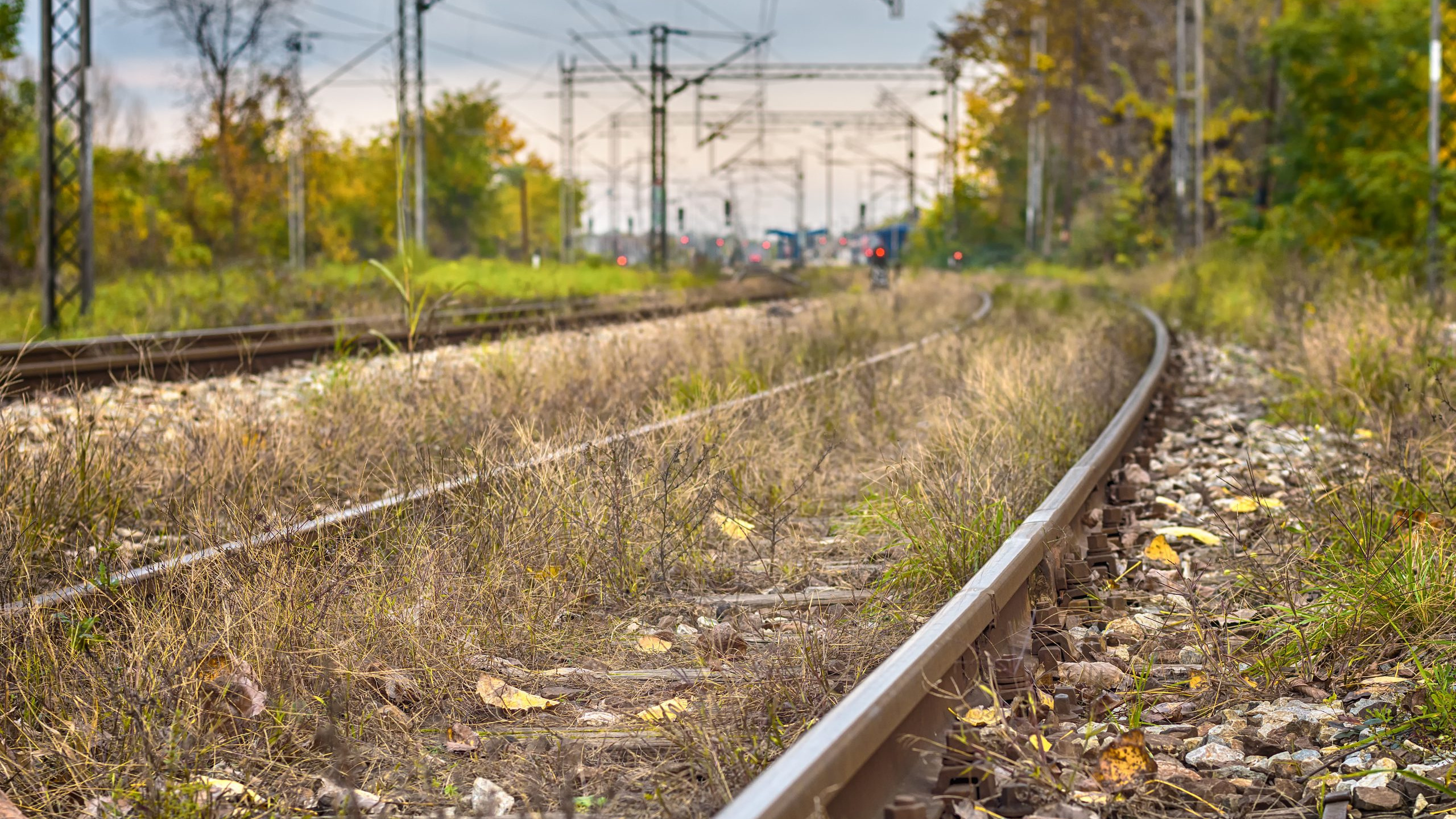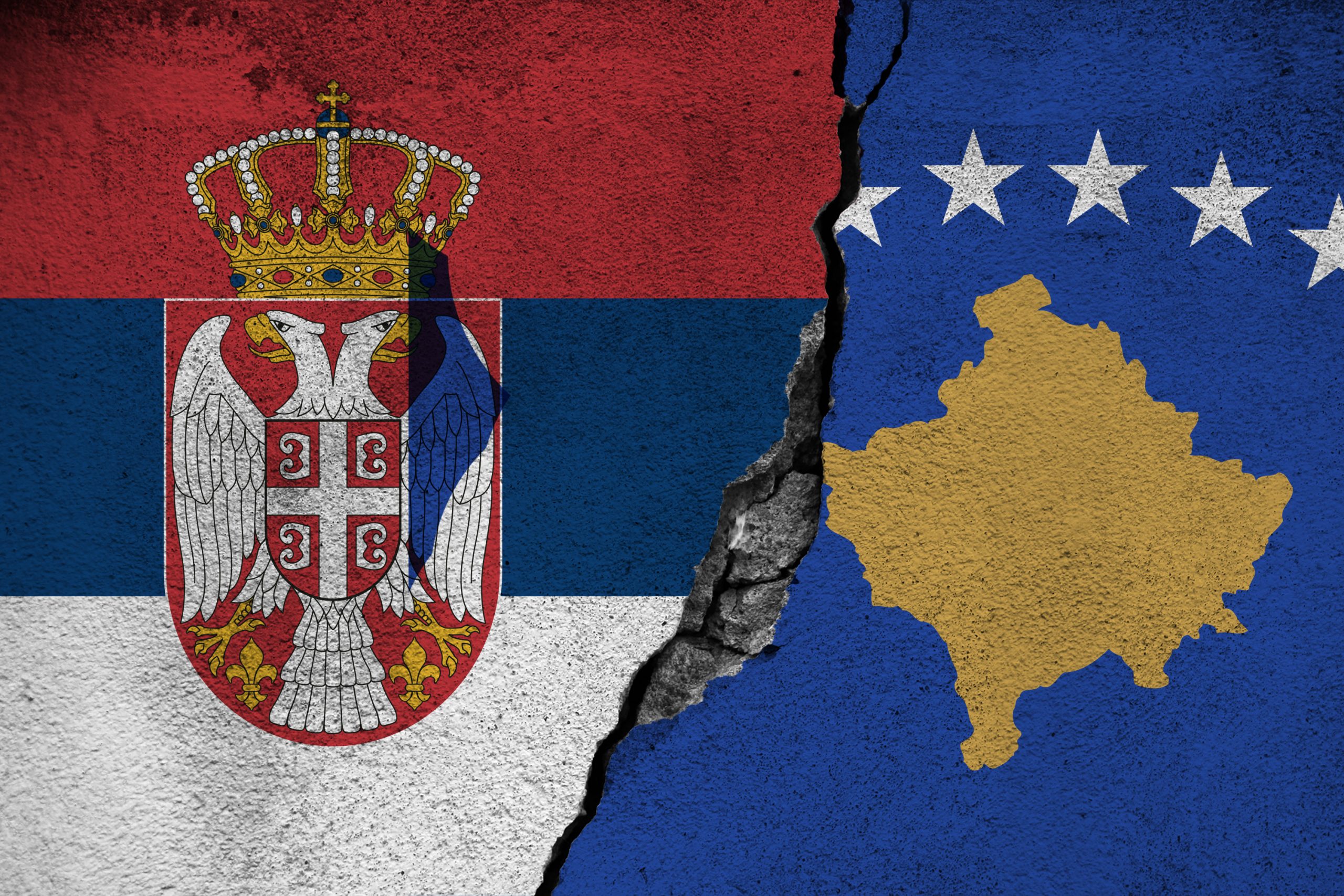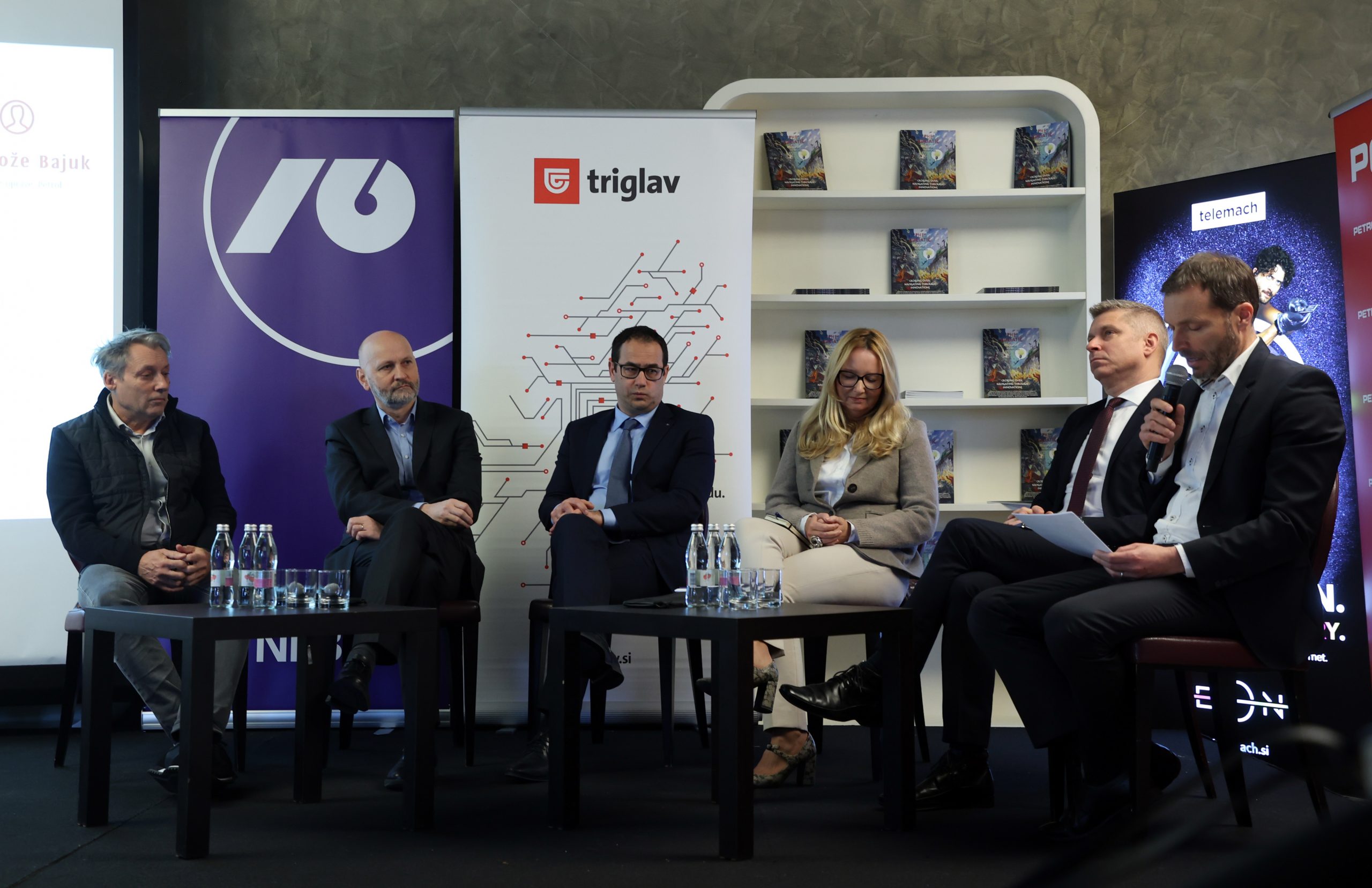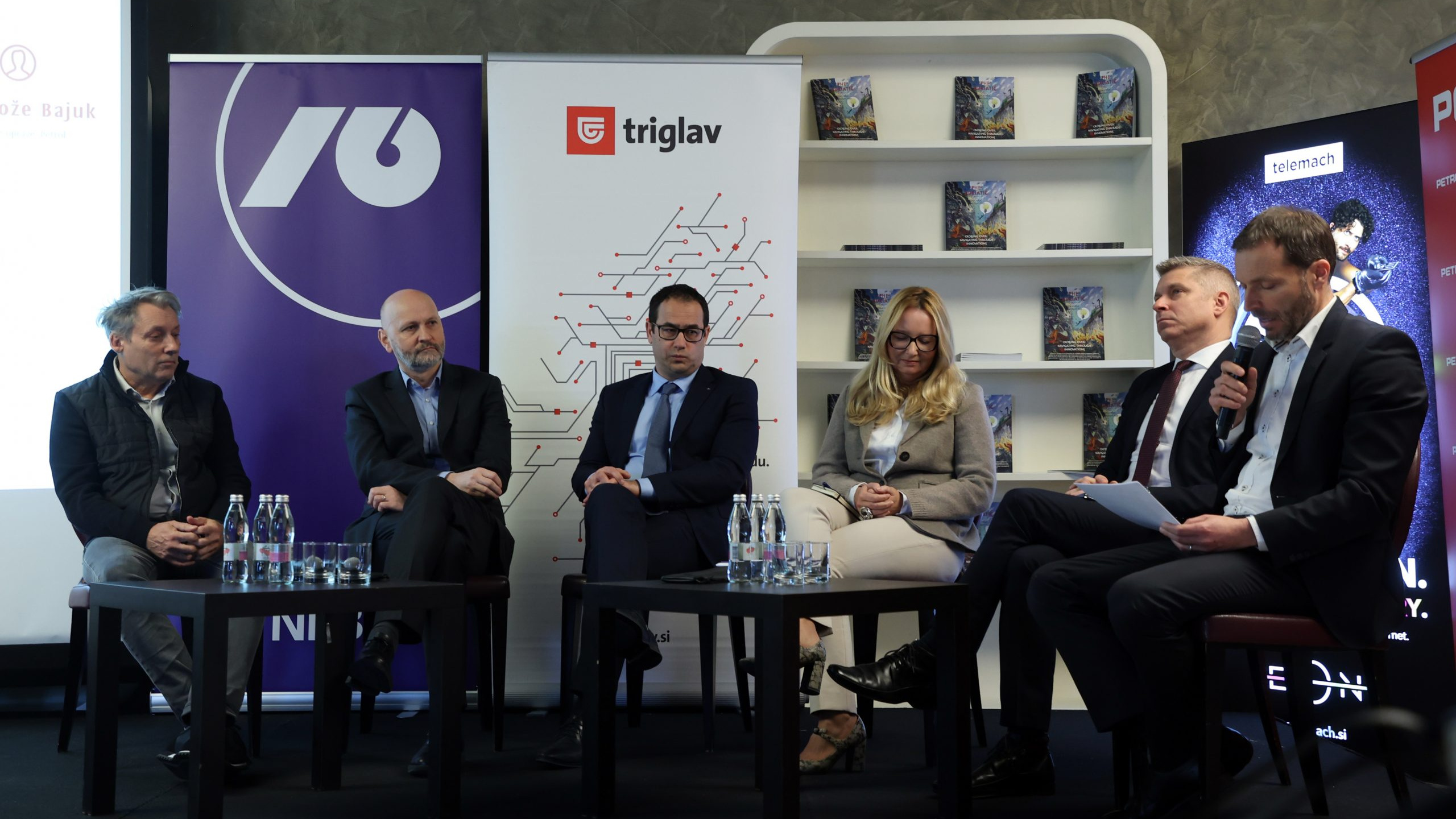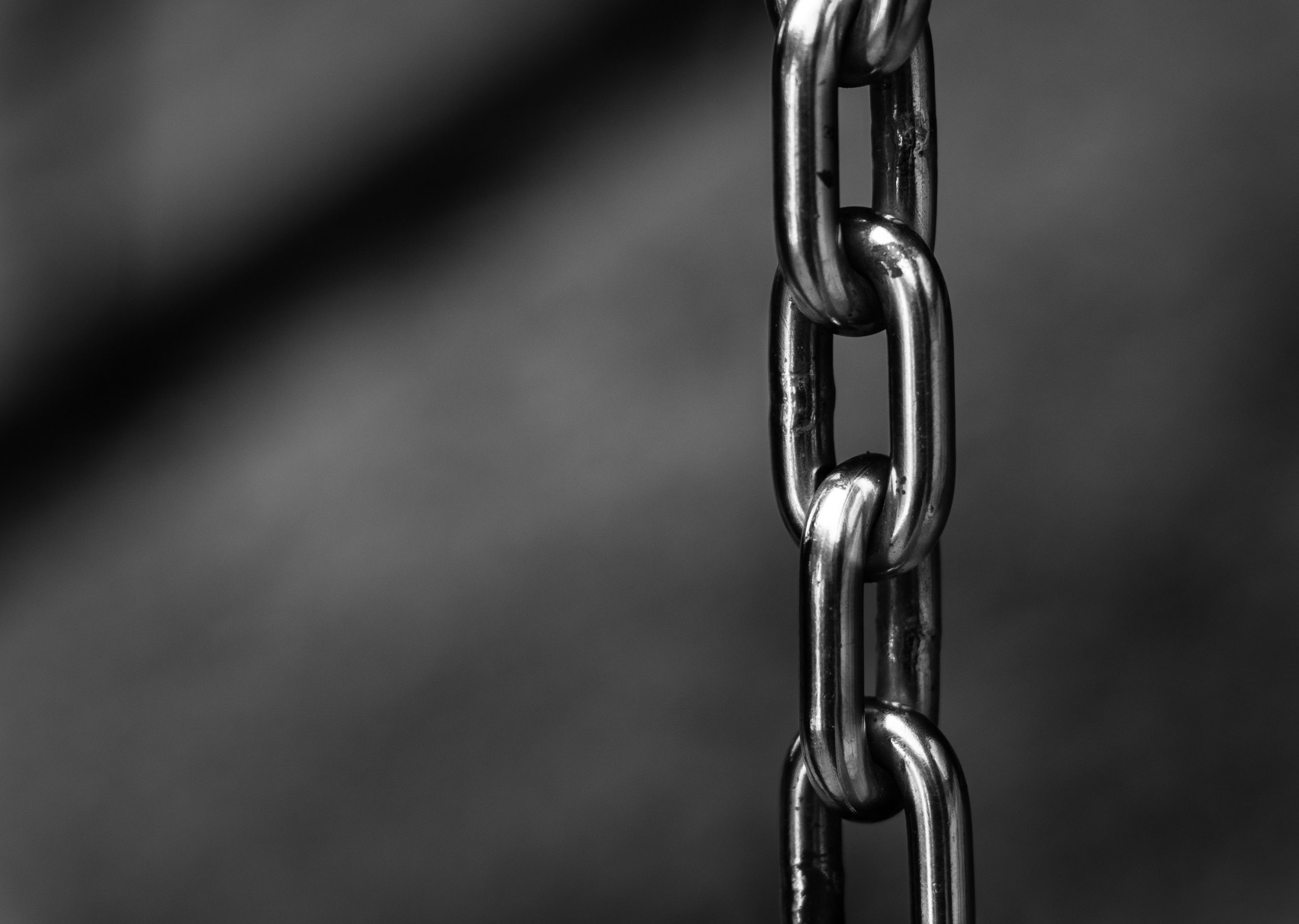In Family Businesses, Financing is still the Key Concern
Family-run companies
editor
Nina Novak
JOURNALIST
There are brave business people everywhere in SE Europe - visionaries motivated by brilliant ideas and equipped with a business plan and the willpower and drive to turn an idea into reality. These people may prove to be the business founders or the leaders of a family venture.
One of the best ways to promote economic growth in a region where family-run businesses account for approximately 50-60% of GDP is for financial institutions to work with them. Financing operations in family businesses can be assessed by three key criteria: control of cash flow, liquidity and having sufficient capital reserves, say experts at NLB. The driving forces behind financing decisions in family businesses tend to be based on personal preferences regarding the rate of business growth, attitude to risk and the ownership structure. The most common forms of financing in family businesses are from the retained profits of previous years and bank loans. All successful companies have the same merits, namely, high-quality products and services, strong control of operating costs, adaptable and focused management teams, a known presence in international markets, and strong and durable supply chains.
Two of the key challenges faced by family businesses are the harmonisation of interests between the different generations and the creation of clear boundaries between business and family activities, they emphasize in NLB. Family-run businesses play an important role in employment creation and economic development, so they can rightly lean on regional banks for assistance when overcoming unexpected challenges. The consultation process in the selected bank should review all aspects of the business thoroughly as well as the associated risks. It is crucial to understand the company’s business model, how and in what manner the companies generate revenue, what their relationships with customers and suppliers are like and what are the key responsibilities of the management team and other principal employees. It is also essential that individuals in the company have clear job descriptions and candidate profiles. It is extremely important for the bank that family-run companies know and understand how to deal with the consequences of changing business relationships especially when there is new management and /or new stakeholders. Only when the business model of these companies and the family’s relationship with the company is fully understood can the right solutions be found.
Finding the right partner
It is vital for the family-run company to work with a bank whose portfolio also consists of small and medium sized family-owned businesses, as this ensures that the bank has a broad overview of many different practices and business models in such SMEs. As a result, the bank will have gained exposure to different scenarios and consequently different solutions. NLB, the largest banking group in SE Europe, points out the example of a family business that, through the handover of two generations encountered many challenges and addressed them very precisely in the so-called “Family Constitution”. Family Constitution is a document, written to clearly define all unwanted or prohibited behaviour, for example, the interference of spouses in the business. It also defines the job roles of all the family members employed in the company, outlines their responsibilities, and also identifies their successors. Such a document also defines various risk scenarios and the level of risk permitted under the family constitution. “The family constitution was drawn up in a very thoughtful and precise manner, which subsequently paid off handsomely for the company through the handover between generations, as it helped it navigate successfully through disagreements and conflicts between the heirs and their partners. Such a structured approach to the continued management of the company also benefits the bank during the handover between generations. It helps to answer the key questions that we ask ourselves when deciding whether to cooperate or deepen cooperation with such companies. On such a basis, the bank can also make decisions more easily and manage risks effectively,” they say at NLB.
Almost 40% of family businesses in Slovenia are run by managers who are over 50 years old.
Future challenges family-run businesses can't ignore
Family businesses in the region significantly contribute to the GDP. As with other prosperous companies, the winners are those who are successful in finding, recruiting and retaining talent, companies that continuously maintain a high level of innovation and companies that will adapt their operations to comply with ESG standards. The winners will be family businesses that can successfully implement smooth management handover between the generations, as well as those that generate revenue on the domestic and international markets, they point out in NLB.
Generational change will always be the biggest challenge in such companies. For example, almost 40% of family businesses in Slovenia are run by managers who are over 50 years old. Most of these managers represent the first generation of the family, and they have responsibility for managing and developing these companies. For long-term survival and success, family businesses in the region will have to find an appropriate balance between traditional orientation and innovative development, which means that they will have to accelerate digitalization and also comply with the transition to sustainable operations and the introduction of ESG standards, both of which will be increasingly important in the future.
THE ADRIATIC
This article was originally published in The Adriatic Journal: Strategic Foresight 2023.
If you want a copy, please contact us at info@adriaticjournal.com.
The Future of Mobility is changing our Mindset
Transformative mobility solutions
editor
Mateja Edelbaher
JOURNALIST
The future of mobility is being fueled by three key technology-driven trends: electrification of vehicles, connected & autonomous vehicles and mobility as a service.
Also, according to research by the EU Commission and other institutions, the cost of owning a personal vehicle i.e total cost of ownership will rise in the coming years, which will mean that many people will have to resort to other modes of transport/mobility. How will mobility affect our everyday lives?
In the cities, we will see a boom in different types of transport. We can already see all types of vehicles on the streets, changes are already happening. Just look at the larger cities, where the infrastructure includes: a bike rental system, e-bike rentals, various electric car sharing, privately owned electric-scooters and electricscooter rental systems, many different modes of food delivery, public buses, trams etc. In cities, people will be able to live without their own personal vehicle, and it is expected that within a decade we will already notice the influence of shared self driving vehicles, which will change our habits and needs. The biggest question we face and which could have a strong impact is the development or quality of public infrastructure (railway, bus) in the future.
We asked the biggest energy company in the Adriatic region, Petrol, how they see the future of mobility and they said that they are already implementing their strategy to meet the future needs of mobility and sustainability. For example, at the Kozina motorway location, they carried out a pilot project of installing an electricity storage tank with a capacity of 210 kWh and they also connected fast and two ultrafast charging stations up to 350 kW.
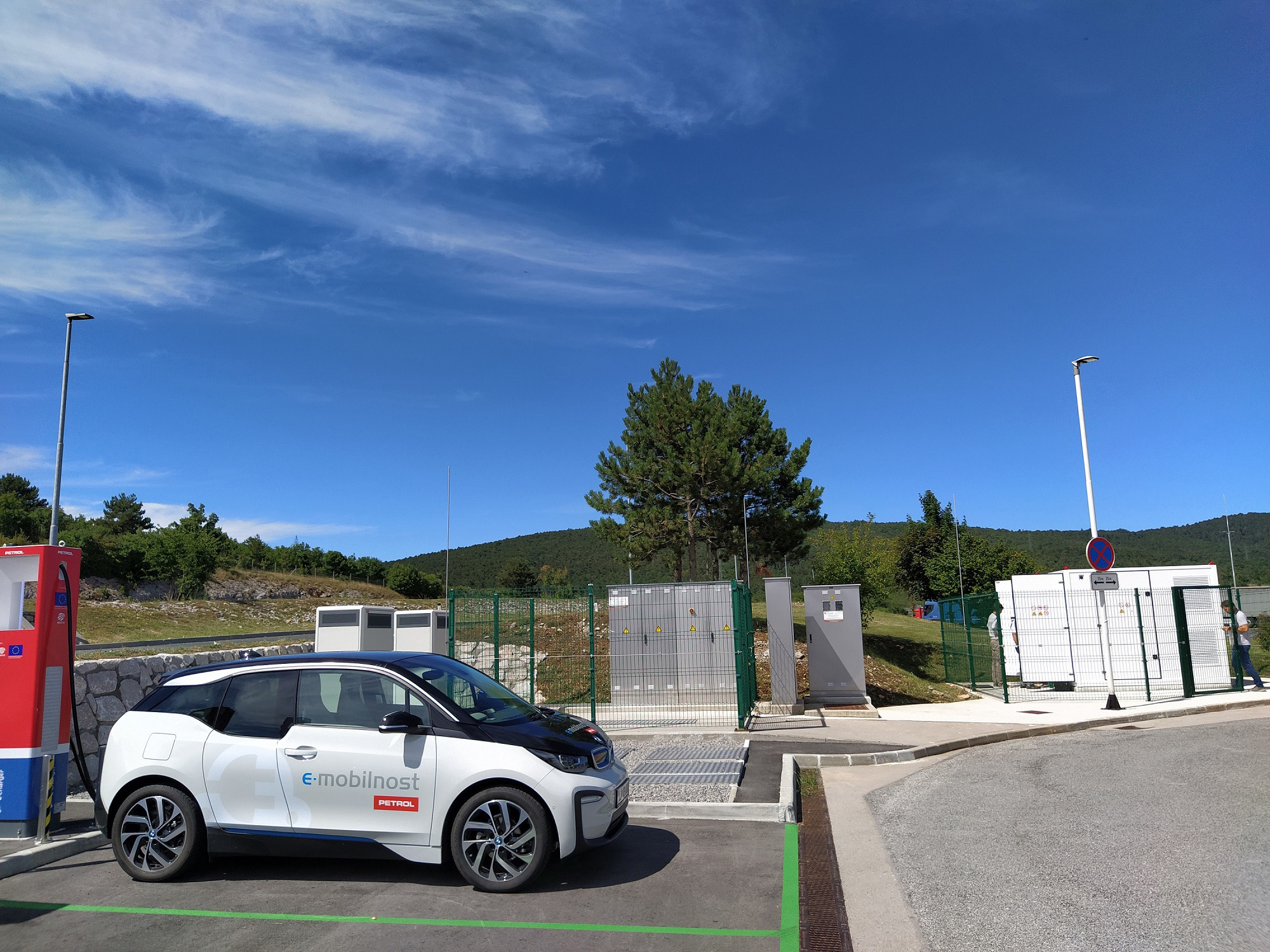
They also implemented a pilot project of the first local self-sufficient community in Slovenia in the small settlement Luče. In the long term, Petrol will also change its sales points. The plan is for multi-story buildings, and at least one for RES (renewable energy sources) as well as electricity storage, with a larger charging park for electric vehicles and other alternative sources of energy, such as hydrogen.
Jože Bajuk, a member of the Petrol executive board, points out that:
“The development of the market for petroleum fuels in the field of mobility will retain an important role in the next ten-year period; however, electricity will complement it to a greater extent than before. This is also indicated in the guidelines of the most important manufacturers in the automotive industry.” He also explains how they plan to accommodate the change in e-mobility and transport: “Because in the coming years we expect accelerated electrification of road transport and an increase in its efficiency, at Petrol, in accordance with our strategy, we are building a network of charging stations throughout Slovenia and in the region and connecting with the growing network of e-charging stations across Europe. Because the biggest increase in the market share of the electric drive will be in personal transport, while in the transport of cargo and people in larger vehicles, electricity will still be in second position for quite some time.”
Petrol has a total of 318 petrol stations in Slovenia and 574 e- charging stations, which are not located only at petrol stations. They have over 590 locations in the Adriatic region and by 2025 they aim to have 1,575 echarging stations under management in the region. Last year, the first DC charging station was opened in Belgrade, as well as one in Montenegro.
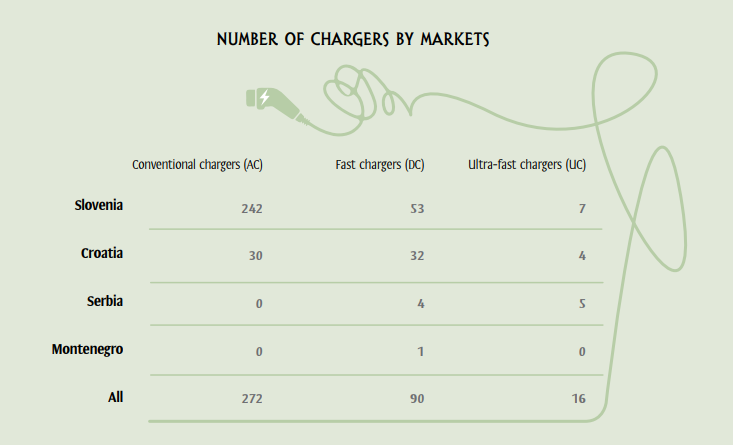
“The electric car market is growing significantly faster than was predicted a year or two ago.”
E-mobility is transforming the auto industry
One of the most important challenges for the automotive industry is its transition to e-mobility. Estimates suggest that by 2030, the proportion of electric cars will grow to 25 or 30 per cent of the market share, which is a fact that global car manufacturers are already adapting to.
“The electric car market is growing significantly faster than was predicted a year or two ago. The slogan of one of our biggest partners describes this trend most eloquently. If MercedesBenz had the slogan ‘electric first’ until last September, it now has ‘electric only’. Car manufacturers no longer invest in the development of the classic drivetrain, but merely adapt it to meet future EURO 7 emission standards. Their strategy is e-mobility,” says Andrej Megušar, CEO at LTH Castings, one of Mercedes-Benz’s development partners based in Slovenia. It also has production facilities in Croatia and North Macedonia.
An electric car has fewer components than a classic car. For example, a gear box is not needed in an average electric car, because the electric drivetrain works equally well in a very wide range of revolutions, with immediate effect from standstill to acceleration – and therefore not even a clutch is needed. The term ‘one pedal driving’ has also become established, which means that some electric cars, such as the BMW i3, can only be driven by pressing and releasing the gas pedal. All this has also been taken into account by LTH Castings, a partner of BMW, which has been producing parts for most of their powertrains for more than 30 years. In recent years, however, cooperation has been expanding mainly into the development and production of components for e-mobility.
The fact that there is no need for parts such as the clutch, which are among the more expensive parts of a classic car, represents a new approach to the development and production of parts by manufacturers, parts such as battery cases and powertrains, and components for the conversion of electrical energy. “Changes don’t happen overnight. We follow developments in technology and reckon that electrification will largely flow through hybridization – mainly due to objective capacity limitations, both in the infrastructure for the use of electric cars and in production. There is no longer any debate about the electric car coming, it is here. The key is how the roles will be divided in the production chain since new typical pieces appear with the electric car. There are quite a few of them, and to a considerable extent they are pressure castings, which is good news for LTH Castings,” says Igor Grilc, CEO at LTH Castings.
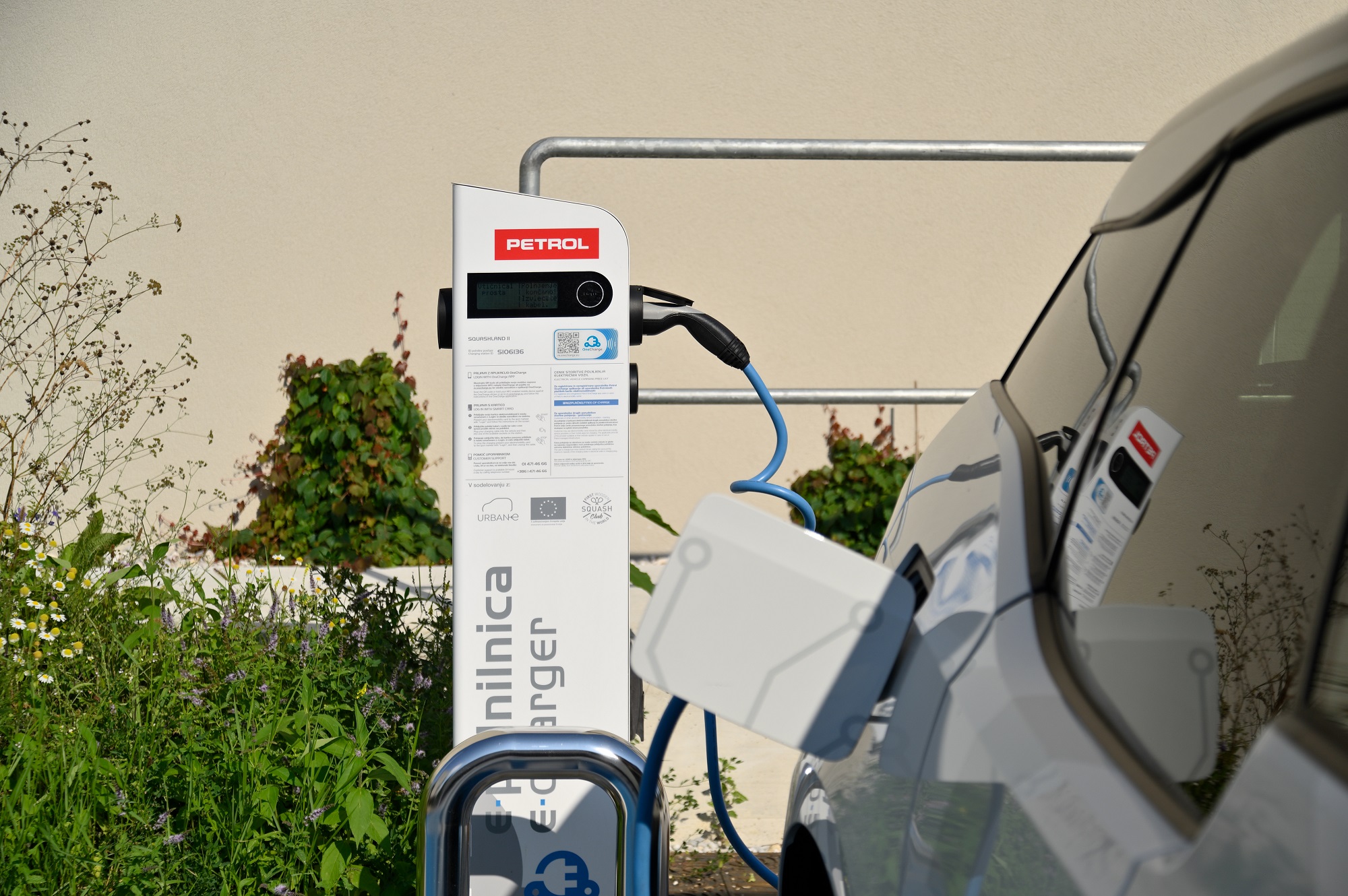
THE ADRIATIC
This article was originally published in The Adriatic Journal: Strategic Foresight 2023.
If you want a copy, please contact us at info@adriaticjournal.com.
Let's think Enterprise. Let's work Sustainable
Sustainable finance
editor
Špela Bizjak
JOURNALIST AT THE ADRIATIC
NLB is convinced that the future belongs to those who operate sustainably.
At NLB’s traditional regional business events in Slovenia, NLB encouraged people to embark on the path of sustainable development and to adopt a caring and responsible attitude towards the environment and society. The events were dedicated to current conditions and the realization of a sustainable future. One of most important questions was how to deal with new challenges and opportunities for the sustainable transformation of the company.
Blaž Brodnjak, President of the Management Board is convinced that responsibility does not start with companies, but with each individual. “Until we change our habits, we cannot talk about change. We need focus, a clear vision and clearly defined priorities, but everyone has to start with themselves and apply sustainability principles in their everyday life”, Brodnjak added.
Orientation towards the future
Dr Vasja Rant, associate Professor of Money and Finance at the School of Economics and Business in Ljubljana believes that orientation towards sustainability is the direction of the future. Sustainable finance, in addition to adhering to the traditional principles of due diligence, must also look at a broader perspective, and take into account the wider economic impact of social and environmental activities. Sustainable financing is intended for sustainable and environmentally friendly investments. “We are talking about the green and digital transition the first major transformation of the economy since the industrial revolution. The transition brings both opportunities and challenges for companies; it will be a dynamic process with substantial changes for both technology and value chains. Banks will be partners with companies involved in this process because banks can only succeed if businesses succeed, as it is a symbiotic relationship. For banks to provide financing, they will need to have adequate information and perform appropriate due diligence on the overall impact that the companies will have on the environment and society as well as how sustainability risks will affect companies.”
The central pillar of sustainable finance is taxonomy
The basis of sustainable finance in the EU is taxonomy, i.e. a classification system of environmentally sustainable economic activities. It acts as a reference point that defines when specific economic activities are environmentally sustainable and when they are not. The other two pillars of the EU sustainable finance framework are the rules governing sustainability information disclosures and sustainability tools for measurement and comparison.
Environmentally sustainable activities are those that significantly contribute to at least one of the six environmental sustainability goals, defined in the Taxonomy Regulations. Non-financial companies bound by the CSRD (Corporate Sustainability Reporting Directive) are obliged to report on at least three key performance indicators (KPIs) on compliance in relation to the taxonomy regulations, namely – turnover, capex and opex KPIs. Financial enterprises, including banks, will have their own KPIs with respect to the taxonomy criteria.
A basic use of the taxonomy is to review the compliance of a company’s existing operations with respect to the taxonomy criteria, while an advanced use of the taxonomy is applied when working with a bank on the green transition. An example of such advanced use of taxonomy could include:
- Assessing the degree of non-compliance of the company’s operations with respect to taxonomy criteria
- Developing a strategy and setting measurable goals to achieve compliance with the regulations
- Obtaining green financing to implement the strategy in agreement with the bank
In this way, the taxonomy can bring about a triple benefit – not only to the company itself, by increasing its competitiveness, but also to the bank by increasing the long-term sustainability of its portfolio and also to the government by supporting country level green transition objectives.
Green transition as an opportunity
In conclusion, Rant said that orientation towards sustainability and climate neutrality is imminent. It is also a long-term answer to the current energy crisis. There is no option for plan B because there is no other planet. The EU has developed a regulatory framework for sustainable finance as part of the broader strategy of the European Green Deal.
Taxonomy is a central pillar of sustainable finance in the EU, but at present, SMEs are not yet obliged to report on their compliance to the taxonomy, but they can benefit from using the taxonomy in cooperation with a bank. The main benefits provided are improvement of competitive position, easier access to financing and a timely management of physical, transitory and regulatory risks. At NLB they follow the taxonomy “When monitoring a company we are interested in how sustainable the business model is. This question is relevant to every company,” says Matjaž Rupnik, Director of Evaluation and Control at NLB. “We are trying to create a more sustainable portfolio”, adds Andrej Meža, Director of SME Business. “We think this is where we can make the biggest impact. We are looking at the whole region. For us, this is also an investment, and in the long run – a relief. We have started earlier than others because we have foreign owners, of which EBRD is one of the largest, and therefore we have certain standards to maintain. If you have sustainable investors, they will support you – the green transition will be a huge opportunity for all of us.”
THE ADRIATIC
This article was originally published in The Adriatic Journal: Strategic Foresight 2023.
If you want a copy, please contact us at info@adriaticjournal.com.
Green Credentials, skilled Workforce and Innovative Mindset make Slovenia a desirable Business Destination
Green, creative, smart
editor
Špela Bizjak
JOURNALIST AT THE ADRIATIC
Slovenia has become one of the most open and export oriented economies in Europe, spanning biotechnology and mobility, home construction and energy. Its myriad of companies offer unique, high-value-added solutions that put Slovenia on the world map and inspire new generations of entrepreneurs to unlock their potential.
Discover Slovenia’s green, creative and smart competitive advantages and seize its favourable working environment for your own business endeavours.
GREEN.
With sustainability at its heart, it doesn’t come as a surprise that Slovenia’s environmental committment plays a fundamental role in its drive to promote green technology, corporate social responsibility and a culture of transparency. One of the companies working towards a greener future is Aquafil. Aquafil produces a groundbreaking nylon alternative derived from waste products such as ghost nets, rugs and carpets. Denis Jahić Managing Director at AquafilSLO, says Slovenia’s green credentials and skilled workforce make the country an obvious choice for the company’s operations.
Many investors are already tapping into Slovenia’s inherent advantages – its natural riches, a favourable geostrategic position, backing from strong research institutions and technology parks, business accelerators and, above all, an informed and motivated population.
CREATIVE.
Slovenia’s economy is thriving. The country has become an attractive place for investment and cross-border trade, with its highly skilled talent pool undoubtedly constituting the backbone of the country’s business development.
Attributing much of its success to first-rate talent is the heating solutions firm KRONOTERM. Bogdan Kronovšek, the company’s Co-owner and Managing Director, lists an excellent geographical position in Europe, good infrastructure, a quality education system and the government support as what has enabled the heat pump producer to scale to new heights of success. The hard-working, innovative, technically as well as linguistically skilled employees contribute to KRONOTERM’s goal to increase the number of people with access to modern, energy-saving and environmentally-friendly heating. The entire region can learn a lot from KRONOTERM, which has been named one of the 19 companies leading Europe’s heating sector out of fossil fuels with their breakthrough heat pump technology.
Dušan Olaj, the Founder and General Manager of Duol, agrees that Slovenia’s talent pool is essential for success: “Slovenia’s focus-oriented and free education system allows companies to choose from a diverse pool of professions and skills. Cooperation between universities and industry allows for a wide range of student grants, supporting the correct level of education of your future employees.” Duol, world-renowned for designing, manufacturing and installing inflatable halls, is one of the many Slovenian companies that push the boundaries and empower other entrepreneurs and corporates alike to take on ambitious projects that require technological know how themselves. Central to supporting entrepreneurship, internationalisation, foreign investment and technology is SPIRIT Slovenia Business Development Agency that remains available for any enquiries your business may have.
SMART.
The challenge of providing Europe and the wider world with energy security is as pressing as ever and it is reassuring to know that Slovenia possesses a range of innovative businesses that play a vital role in achieving the green energy transition.
And what makes Slovenia a competitive place to do business? Uroš Salobir, Director of the Strategic Innovation Department at ELES (operator of Slovenia’s electric power transmission network), believes it is the strong support from the government, industry and, in particular, the citizens. »Employees are future-oriented and the culture is characterised by adaptation to change.«
Boris Šajnović, Head of Project Management Office at Iskra – is another Slovenian company working towards green goals within the sustainable transportation sector, and it finds the country »a truly good pilot environment to test and demonstrate innovative projects with the full support of local people, government and positive business climate.« He adds the environment for innovation is supportive, strict intellectual property laws are in place and there is a good network of public agencies that help businesses at every stage of growth.
Between 2019 and 2020, the country’s patent application to the European Patent Office increased by 35% – the third highest in Europe.
Slovenia has 4200 researchers per 1 million people.
Business and investors looking for new opportunities are invited to get in touch with SPIRIT Slovenia Business Development Agency which offers strategic advice and operational support. The Agency provides practical information and advice on various business opportunities such as individual investment locations, Slovenian suppliers, specific industries and markets.
Find out more about doing business in Slovenia at www.Sloveniabusiness.eu.
THE ADRIATIC
This article was originally published in The Adriatic Journal: Strategic Foresight 2023.
If you want a copy, please contact us at info@adriaticjournal.com.
Europe has been given a Reason to accelerate Focus on Renewable Sources
Powering the future
editor
Uroš Urbas
JOURNALIST
The Ukrainian war has caused energy crisis in Europe, however the European sentiment on the transition to renewables and Europe's self-sufficient energy supply look promising, so we can expect even more subsidies for hydrogen technologies.
The Ukrainian war has caused energy crisis in Europe, however the European sentiment on the transition to renewables and Europe's self-sufficient energy supply look promising, so we can expect even more subsidies for hydrogen technologies.
2023 will be a difficult year in the energy sector due to the Ukrainian crisis and the reduction in the supply of Russian gas, which Europe will replace with more expensive liquified gas from Africa, Arab countries and the United States of America, says Jože Bajuk, board member of the Slovenian energy company, Petrol. We can expect unprecedently high energy prices. However, there are positive expectations the European Commission will use mechanisms to prevent extreme price jumps. “I think Slovenia made a mistake a decade ago in preventing the construction of a gas terminal in Žavlje, nonetheless we are part of the EU that defines the development of the Energy Union and advocates diversified energy sources and energy independence,” Bajuk notes. “The EU will continue its independence from Russian energy sources, and Europe’s share of the consumption of Russian energy will decrease. Anyone with an alternative at home can be more self-sufficient.”
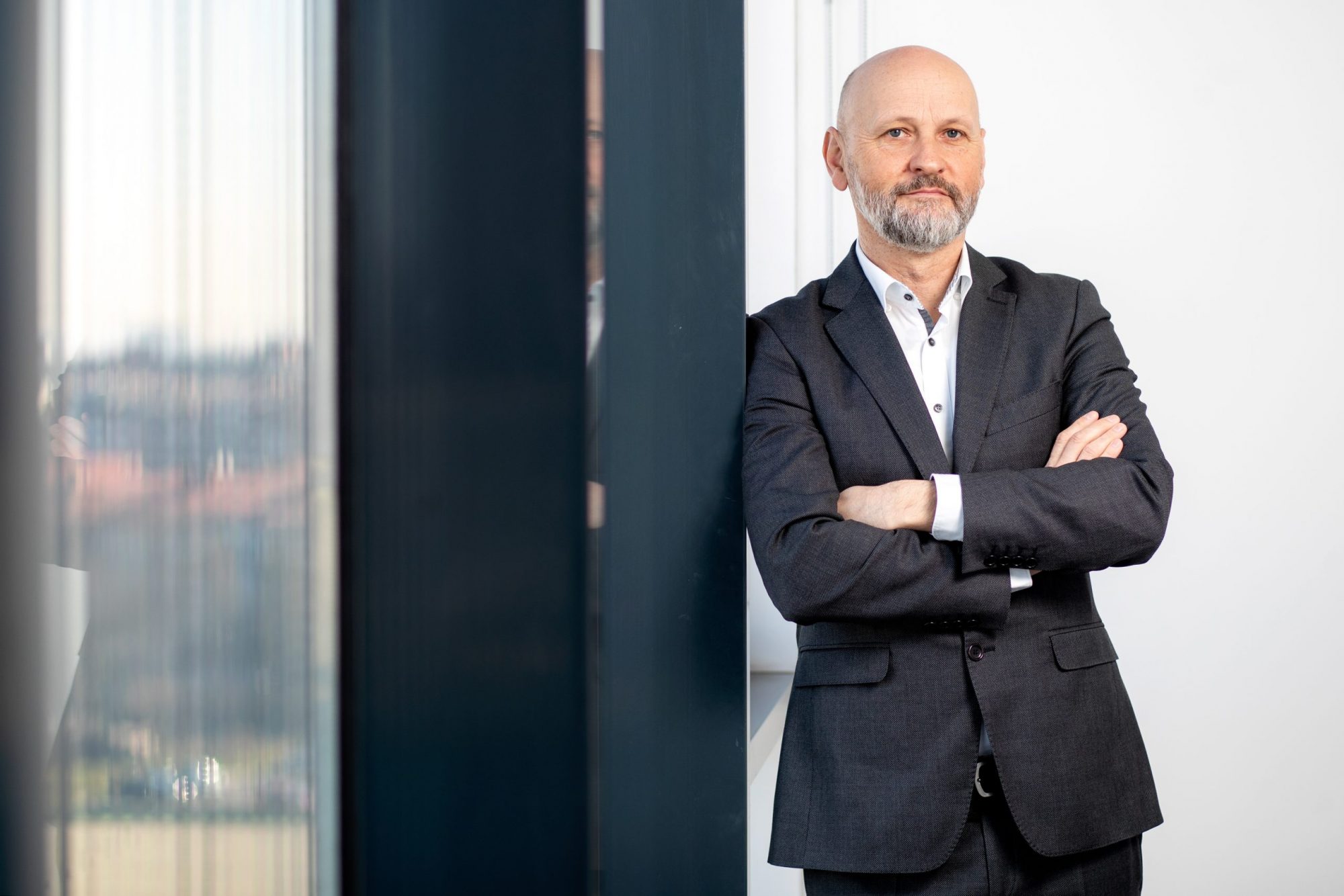
A spanish company wanted to build a terminal in Žavlje, just near Milje, but Slovenia, at the initiative of environmental organisations, managed to block this initiative in parliament. Thus, in 2009 a resolution on the protection of the Northern Adriatic (Resolution on the Adriatic Strategy) was adopted, prohibiting the construction of a gas terminal in the northern Adriatic.
Where are the gas terminals in the Adriatic?
Where are the gas terminals in the Adriatic?
Natural gas pumped by gas-rich countries such as Saudi Arabia, Iran, Algeria and Libya must first be liquefied, then loaded onto specially modified ships and transported to a floating LNG terminal. From here, it is distributed in the same form, and transported by road or distributed by pipeline.
Croatia will have three gas terminals in a few years: the largest gas terminal is in Omišalj on Krk, another gas terminal is in the port of Ploče and a permit has already been granted for the construction of a gas terminal in the Port of Gaženica in Zadar. The investment in the LNG terminal in Omišalj on Krk amounted to around EUR 360 million, of which EUR 102 million was granted by the EU. The original 2.6 billion cubic metres of natural gas capacity per year has already been increased to 2.9 billion cubic metres by technical adjustments to increase capacity to 3.5 billion cubic metres without additional harm to the environment. By comparison, Slovenia needs one billion cubic metres of gas for households and industry per year. Italy has three gas terminals, with one relevant for Slovenia, situated 15 kilometres off the coast of Porto Levante and Porto Viro near Rovigo. Its yearly capacity is 8 billion cubic metres of gas, which is one-tenth of Italy’s annual consumption. Albania is considering building a gas terminal (LNG).
The year 2023 and the energy crisis.
The year 2023 and the energy crisis.
In 2023, Bajuk foresees two key challenges in the energy field: The first is due to the December embargo on crude oil imports from Russia and the February embargo on imports of petroleum products from Russia. This will lead to a reduction in quantities and a consequent price increase. The second challenge is the possible recession in several European countries. The recession would lead to a reduction in demand for oil and petroleum products and, consequently, a downward trajectory of price.
These are, however, short-term challenges in the new year. “If we want to have inadequate natural gas reserves this winter, the challenge for the entire European energy sector and consequently for consumers remains the coming winter, both in terms of supply and price.”
Dilemma: Continue and/or change energy strategy?
Dilemma: Continue and/or change energy strategy?
For decades, Europe has seen the use of gas as the transition from the use of fossil fuels to renewable sourcing. This was the European response to the climate change dilemma. Environmentally, gas is more ecological, as it causes half as many CO2 emissions as coal. Europe, therefore, leaned towards gas, and the main supplier of cheap gas was Russia. At the same time, Germany in particular has been moving away from the use of nuclear energy and coal.
Before the war in Ukraine, Europe used 156 billion cubic metres of gas from Russia per year. Most of it came to Europe via North Stream 1, the infrastructure that Russia built over the decades for European consumption of its cheap gas. This created symbiosis: Europe built a gas-powered industry, and Russia built the infrastructure through which it sold its gas to Europe.
Is it likely that the EU could even increase the use of fossil fuels as a result of the energy crisis, or would it try to reach an agreement with Russia on the further supply of natural gas and oil? “I don’t think so. The EU does not have its own sources of oil, gas and coal on which it can rely in the long term, so renewable sourcing is the only sustainable option. These are water, sun and wind, and at least for some time nuclear energy, which is a very advanced technology and is, therefore, more secure. I expect the EU to focus even more on the direction of electricity. Later, hydrogen will take its position as an energy product, replacing oil and petroleum products. We had already eliminated coal before the Ukrainian crisis and its consumption will not increase significantly,” Bajuk estimates. The interviewee believes that the European strategy was not geared towards nuclear power plants, as newer and safer technology co-exists in parallel with renewable sources, it will be phased out of use on the principle that the dirtiest ones fall out first.
Bajuk believes that the Ukraine crisis has pointed the European energy strategy towards independence and clean renewables, which have not yet been entrenched, have probably been strengthened. It also cites a political argument: Putin challenged the EU, saying you wanted energy independence, look what you got – the energy crisis! The EU’s answer to this was: Let’s go all the way! We’re going to disconnect from Russian sources, and we’re going to put an embargo on Russian oil and gas. “Such a response is a real “booster” for renewable sources, so the transition will happen even faster than it would otherwise.” However, the effects of renewable sources will only appear over the next one or two decades, and in the meantime, the EU will be more dependent on LNG, which will be more expensive than Russian gas. At the same time, the EU will dedicate even more money to hydrogen technologies. Hopes are high for Hydrogen as a medium for energy transfer or as an energy source equivalent to renewable sources but used mainly in industrial centres. “Subsidies in solar and wind energy were also very expensive, today they allow less than 40 euros per megawatt hours of electricity because of the enviably low cost of clean energy, Bajuk says.
“I think the EU will use the current energy crisis primarily to accelerate Europe’s independence from Russia and, at the same time, to make an even bigger transition to renewables.” – Jože Bajuk
Plans in the region.
Plans in the region.
Petrol plans to invest in the construction of renewable sources only in Slovenia and Croatia. In Serbia, it will mainly develop its supply of petroleum products. The reason for this are primarily regulatory. “The life span of a wind farm is 25 to 30 years, so the investor must have a stable regulatory environment in the country, which the EU provides. In non-EU countries, the regulatory risk is too high. Even if, for example, BiH, especially in Herzegovina, has enormous potential for such investments in renewable power plants, the political and legal risks are too great,” Bajuk believes.
He also points out that profit margins are high and that the renewable production facility is an attractive business opportunity for investors with relatively short reimbursement periods. Thus, starting in 2023 Petrol will launch a 22-megawatt solar power plant in Croatia, which will have an annual production of 29 gigawatts. The investment amounts to EUR 17 million. A 30-megawatt wind farm is planned in Croatia by 2025.
As the EU will further promote self-sufficiency, the impact of newly built buildings will be measured over a decade. Bajuk describes the different approaches taken by Slovenia and Croatia over the last decade: The Croats built 1400 megawatts of wind farms in 10 years. In the same period, Slovenia built 1100 megawatts of hydropower plants, which have higher energy efficiency.
Croatia plans to create the potential for an additional 3000 megawatt hours of electricity production with additional wind power plants for 1000 megawatts and increasing the power of the grid. The 10-year-old Croatian plan is to build a network that would provide about 5000 megawatts of electricity. Another difference is the completely different priorities of these countries over the last decade. Slovenia is only now in the process of intensive corrections to environmental legislatiton that will make it easier to build large facilities for renewable sources. At the same time, it is far ahead of Croatia in the self-sufficiency of households and businesses, as Slovenia has been installing solar power plants intensively in recent years.
What will the future of mobility look like?
What will the future of mobility look like?
The jump in the sales of electric cars didn’t happen. Therefore, in Bajuk’s view, cars with internal combustion motors or oil-powered vehicles will continue to play a prominent role in the automotive industry for at least 30 years. “The European assessment of how quickly electric cars will replace internal combustion cars was much more optimistic as statistics show that the forecast was about 30% higher than the actual transition each year. This means there is exponential growth in the failure to achieve the electricity transition forecast, cumulatively over the years,” Bajuk explains.
The car industry has made a clear commitment to prioritize electric cars over internal combustion cars. Huge investments are aimed primarily at the development of electric cars. However, if the entire existing fleet were to be replaced, that is, old cars with internal combustion replaced with new electric ones, the cycle for complete replacement would take 20 years, Bajuk believes. He also reveals his personal preference: he replaced his car with a connecting hybrid with an electric one in December. Reason: The infrastructure from home to work is so developed that it does not cause any problems.
In the interviewee’s view, Petrol has a good starting point to replace conventional drives with alternative energy products and the provision of services and maintenance. For the future, however, he believes: “There won’t be a single winning energy. Electricity will not completely replace petroleum products.” He is convinced that the use of energy products will be diversified. For example, diesel for working machines in the forest or fields, electric cars in the city and hydrogen will almost certainly play an important role in mobility.
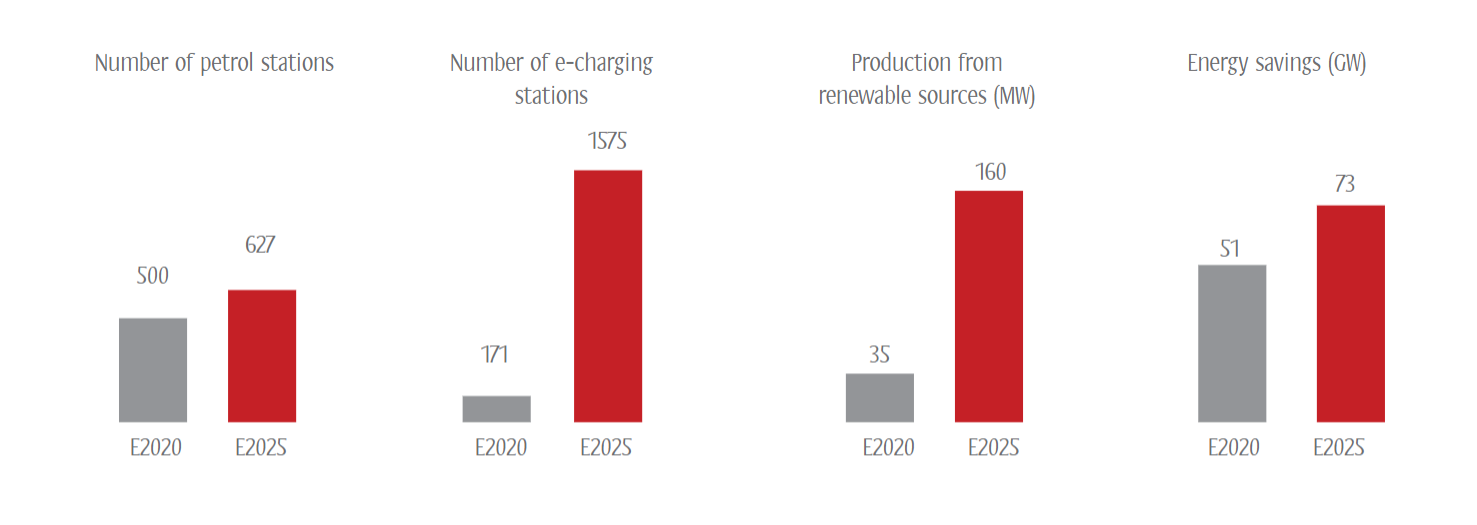
Total number of service statins at the end of 2025 in all markets: 627.
Charging infrastructure for electric vehicles at the end of 2025: 1575 charging points.
Forecast by Slovenian energy company Petrol: At the end of 2025, production from renewable energy sources will reach 160 MW of electricity. That’s 78% more than in 2020. Energy renovation projects will achieve 73 GW of energy savings for end users.
THE ADRIATIC
This article was originally published in The Adriatic Journal: Strategic Foresight 2023.
If you want a copy, please contact us at info@adriaticjournal.com.
Where are the next Elections going to be?
Election fever
editor
Uroš Urbas
JOURNALIST
There are going to be significantly fewer elections in 2023 than in 2022. We have looked at the wider region and the EU. We also checked the next year, 2024, as events in many countries can only be understood accounting for the upcoming elections in the next year. In 2024, there are also going to be elections to the European Parliament in all EU member states.
2023 and 2024 parliamentary, presidential and local elections
Czech Republic: Presidential elections are to be held on 13th and 14th of January 2023.
Cyprus: Presidential elections on 5th of February 2023.
Estonia: Parliamentary elections on 5th of March 2023.
Finland: Parliamentary elections on 2nd of April 2023.
Turkey: Presidential and parliamentary elections are scheduled on June 18th 2023.
Greece: Parliamentary elections will happen in the first half of the year 2023.
Montenegro: Presidential elections are expected in April 2023.
Poland: Parliamentary elections in 2023.
Spain: Parliamentary elections in 2023.
Switzerland: Elections to the Swiss Parliament in 2023.
Latvia: Presidential elections in 2023, a new president, who will be elected indirectly.
Germany: On 14th of May 2023 there are going to be local elections in the German states of Bremen and Schleswig-Holstein. Local elections will also be held in Bavaria and the State of Hesse.
Austria: Regular parliamentary elections are expected in 2024.
Belgium: Regular parliamentary elections are expected in 2024.
Croatia: Regular parliamentary elections are expected in 2024. Presidential elections are going to happen on 13th of December 2024.
North Macedonia: Regular parliamentary elections are expected in 2024. Presidential elections in November 2024.
Montenegro: Regular parliamentary elections are expected in 2024.
Romania: Regular parliamentary elections are expected in 2024. Presidential elections in November 2024.
Slovakia: Presidential elections in 2024. Regular parliamentary elections are expected in 2024.
Russia: Presidential elections on 17th of March 2024.
THE ADRIATIC
This article was originally published in The Adriatic Journal: Strategic Foresight 2023.
If you want a copy, please contact us at info@adriaticjournal.com.
Strategic Foresight 2023: Western Balkans
editor
The Adriatic Team
The top 3 risks of 2023
The top 3 risks of 2023
1. Growth rates in the Western Balkans have been revised downward since the spring of 2022.
According to economic forecasts, the Western Balkans is being confronted by a series of adverse shocks, stemming from the global energy crisis and the war in Ukraine. Higher energy and food prices have pushed inflation to levels unseen for decades. In 2022 there was double-digit inflation in all countries except for Albania. Purchasing power and business confidence were eroded, as well as an estimated 13% increase in the number of poor in 2023. The region’s export boom has also begun to slow down, widening current account deficits sharply. For example, a decrease from 54.9% of GDP in 2021 to 8.7% of GDP in 2022 and this in turn is putting pressure on currencies and foreign exchange reserves. The data provided by the World Bank suggests that the labour market is beginning to cool down and there is increasing uncertainty about employment growth. Within such a constellation, the strong start made in the first six months of 2022 by the Western Balkans could potentially “be annulled” by mid-2023.
2. Structural reforms are urgently needed, but several uncertainties exist regarding the persistent political capabilities issue.
2. Structural reforms are urgently needed, but several uncertainties exist regarding the persistent political capabilities issue.
Data from the Penn World Table shows that the Western Balkans need structural reforms to boost potential growth. Stemming from this, organizations such as the European Bank for Reconstruction and Development, the World Bank and the International Monetary Fund have indicated that governments should prioritize reforms that would serve to accelerate potential growth with a low fiscal cost. Such reforms should facilitate the rise of standards of governance, including digitalization, level of market competition, removal of entry barriers to business, as well as retention and reinvestment among foreign investors to boost productivity. While such reforms are needed, the biggest risk comes from the field of political capabilities, meaning that the political elite is either unable or unwilling to introduce the needed structural reforms. Cases of BiH, Montenegro and to a certain extent, North Macedonia, show how a gridlocked political situtation can diminish the prospect of introducing the needed reforms.
3. Stagnation on the path towards the EU could exacerbate bilateral tensions in the region.
3. Stagnation on the path towards the EU could exacerbate bilateral tensions in the region.
The war in Ukraine, coupled with accession fatigue, the rise of socio-political uncertainties in Bosnia and Herzrgovina, Montenegro and North Macedonia, and deteriorating relations between official Pristina and Belgrade, are becoming an everlasting challenge for the notion of good neighbourly relations. An unclear European integration perspective, accompanied by the unwillingness of the said countries to join the Open Balkan initiative, could, in turn, exacerbate the already burdened bilateral relations between the countries in the region in 2023.
CROATIA
This year’s assesment of the investment environment shows that Croatia is going to stay moderately stable due to the recovery measures and stimulative economic incentives during the energy crisis. In 2023, Croatia’s economic growth is forecast to be rather low (1%), while inflation should decelerate to 6.5%. Analysts at the Institute for Strategic Solutions will follow the situation closely alongside domestic consumption.
SLOVENIA
Analysts at the Institute for Strategic Solutions estimate that the general Investment Environment Assessment will remain moderately stable as it was in 2022. The biggest risks that could potentially influence the general investment Environment Assessment are related to public debt, the healthcare system, the taxation system, and inflation. The political environment has improved, as the election in 2022 enabled a strong majority between three political parties that can implement the needed reforms in the year to come.
BOSNIA AND HERZEGOVINA
Analysts at the Institute for Strategic Solutions estimate that the general investment environment is going to remain moderately uncertain. Such trajectories could be further accelerated as the general elections in BiH did not bring any significant changes, meaning that the political crisis will stay “locked”. In 2023, the biggest risks – besides the political ones, touch upon the socio-economic dimension, as inflation rises and there is slower economic growth, in tandem with weaker employment, all these factors could worsen the general investment environment of the country in 2023.
SERBIA
Analysts at the Institute for Strategic Solutions estimate that the general investment environment will remain moderately uncertain and could stay so, due to improved economic indicators that are coupled with (relatively) robust growth for 2023. This will be coupled with reducing the deficit and debt-to-gross domestic product ratio, alongside a rise in pensions and minimum wage in 2023. The most troublesome risks that Serbia potentially faces in 2023 are tied to the uncertainties regarding the bilateral relations with Kosovo, which is something that will be monitored closely.
KOSOVO
This year’s assessment of the investment environment shows that Kosovo is going to stay moderately uncertain, mostly due to bigger socio-economic and political risks. Such risks are associated with relatively slow economic recovery after the COVID-19 crisis, and bilateral tensions with Serbia, which is preventing a meaningful dialogue between Pristina and Belgrade. the dialogue received a new impetus following the German and French to accelerate it; this is something that will be closely monitored by the analysts at the Institute for Strategic Solutions.
NORTH MACEDONIA
This year’s assessment of the investment environment shows that North Macedonia is going to stay moderately uncertain, but will worsen due to the political and security situation. The latter corresponds with increased unrest that has both internal and external dimensions; while the internal one pertains to the question of constitutional changes, the external one is inherently tied to the ongoing tensions between North Macedonia and Bulgaria. Analysts at the Institute for Strategic Solutions will closely follow the internal dimension as this has the biggest spill-over potential and could determine the socio-political environment of North Macedonia 2023.
MONTENEGRO
This year’s assessment of the investment environment shows that Montenegro is going to stay moderately uncertain, but will worsen in terms of the political indicators. This was reflected in the second part of 2022, which saw an instalment of the technical government led by Dritan Abazović only to be impeached a few months later. While such an atmosphere is not expected to completely de-escalate in 2023, it is worth mentioning that Montenegro’s general investment environment will improve in part with foreign investments. In 2022, they were 85% higher than in 2021, and projections show that Montenegro will continue on this path of attracting foreign investors.
THE ADRIATIC
This article was originally published in The Adriatic Journal: Strategic Foresight 2023.
If you want a copy, please contact us at info@adriaticjournal.com.
The Future lies in Innovation and Connectivity
editor
Adriatic team
Ljubljana – On January 24th, business leaders and industry experts gathered at the Maxi Klub in the heart of the city for the annual release of The Adriatic: Strategic Foresight 2023. The magazine, which provides insight into the future of the region’s economy and business landscape, released this year’s edition under the title “Crossing over: Navigating through Innovations”.
The Minister of Labour, Family, Social Affairs, and Equal Opportunities, Luka Mesec, opened a conversation on how to work smarter and better by stating that the role of the state has changed in recent times. In his view, the solution to the challenges facing society lies in cooperation between the state and other spheres, as well as the promotion of social dialogue. He cited Scandinavia as an example of a region where this approach has been successful, noting that the state’s role is to enable such dialogue, rather than dictate it. The Minister also addressed the issue of the four-day working week, acknowledging that no country can exist in isolation in today’s globalized world, and that international competitiveness must be taken into account when making policy decisions.
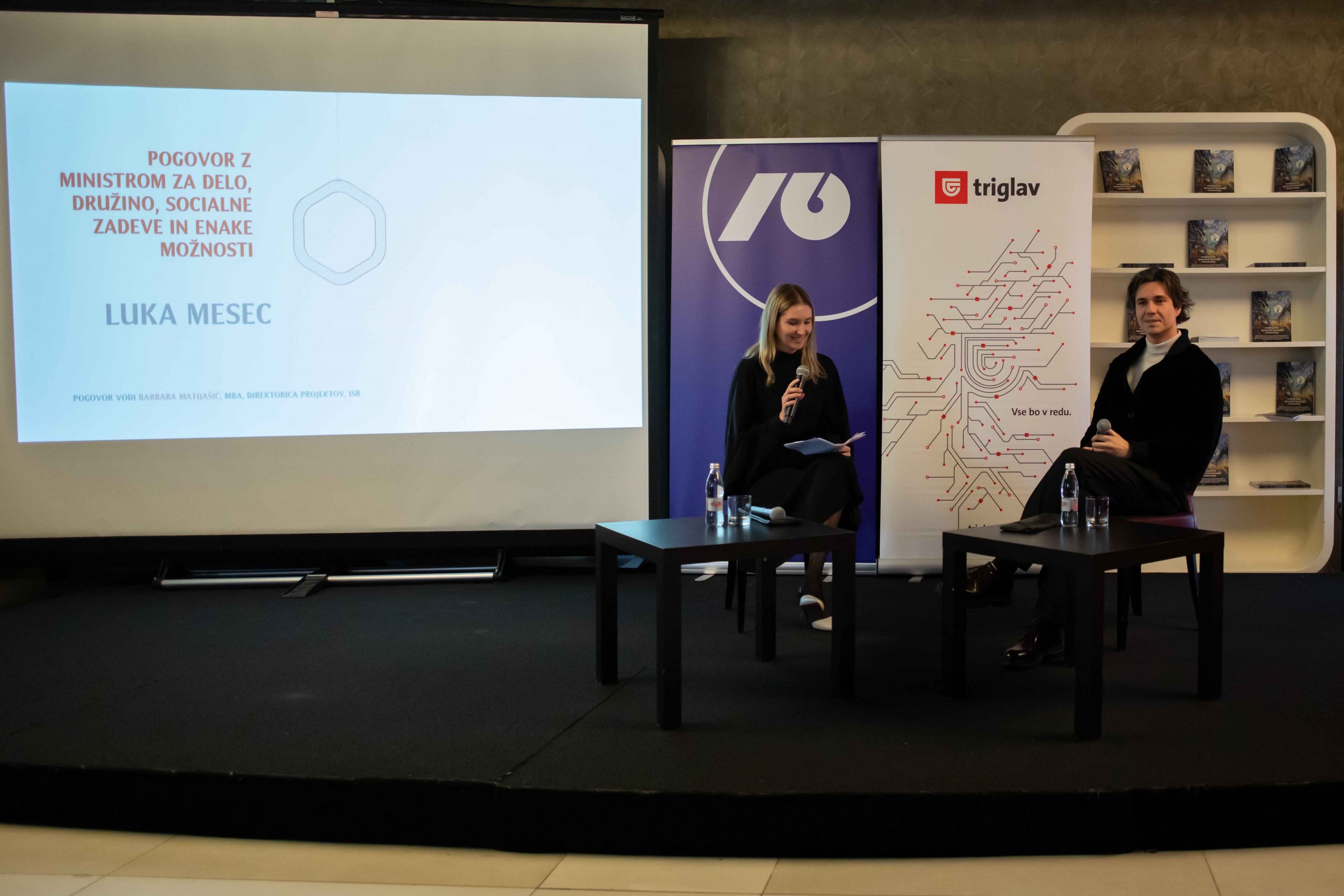
According to Tine Kračun, the Director of the Institute for Strategic Solutions (ISR), the key to navigating the current crisis and emerging victorious lies in the ability to adapt, cooperate, and innovate. Speaking on the potential for integration within the Adriatic region, Kračun emphasized the importance of the economy and the integration of the region into the European Union. “The well-being of individuals is closely tied to the health of the economy,” Kračun stated. “As such, we see great opportunities for Slovenia in the integration of the Adriatic region within the EU.”
According to Dr. Jure Stojan, Director of Research and Development at the ISR, the current state of the economy is in a period of uncertainty, characterized by volatile market conditions. “Data shows that we are currently experiencing a period of economic fluctuations, with the prices of German producers experiencing a reversal, while remaining high but no longer at record-breaking levels,” said Stojan. He also highlighted that the current pressures on the economy are not just limited to the ongoing pandemic, but also include issues such as climate change and other conflicts. Stojan emphasized the need for swift action and adaptation in order to navigate these uncertain times, stating, “We must not rely on time, and must take proactive measures to address the changes that we ourselves are making to the economy.
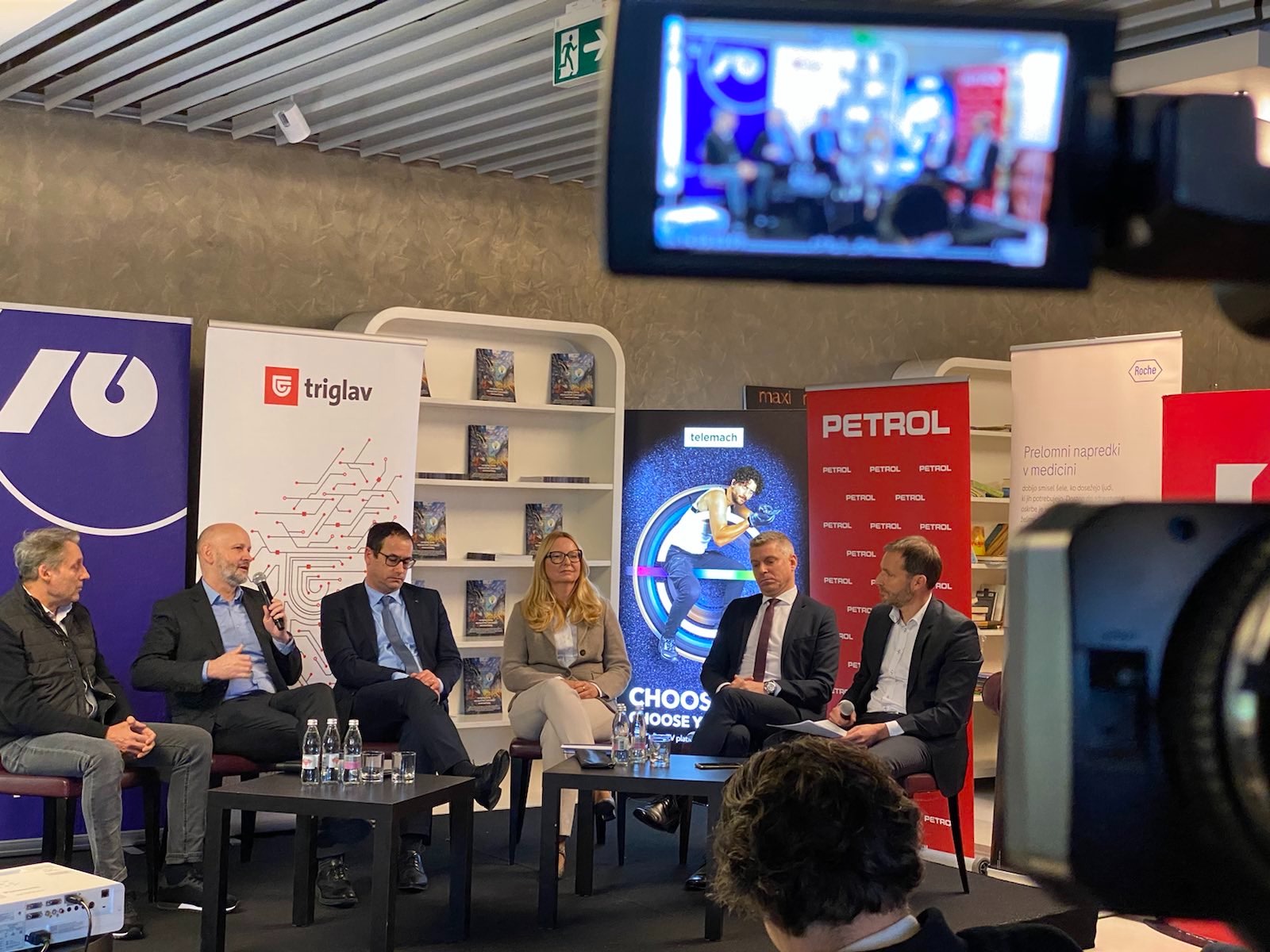
Navigating Uncertainty: The Role of Innovation in Shaping the Future
As interest rates continue to rise after more than a decade of being stuck near or even below zero, companies are faced with the reality of limited government borrowing options. Domen Prašnikar, Director of the consultancy Valior, emphasizes the need for businesses to protect themselves and build resilience through the use of modern technologies and management strategies. Prašnikar stresses that innovation is key to adapting to the current uncertain environment.
Maja Krumberger, Director of the Slovenian Insurance Association, also highlighted the pressing issue of demography in Europe, with Slovenia ranking among the highest on the continent. “With an aging population and fewer active workers, we will rely less on pensions,” Krumberger said. “Insurance companies have responded by offering products that ease the burden on public healthcare systems.” Krumberger underscores the importance of collaborating with regulators and finding solutions that benefit society as a whole
In uncertain times, the role of innovation in shaping the future cannot be overstated. This was a sentiment echoed by Andrej Lasič, a member of the NLB board, who emphasized the challenge of demography in the region as a pressing issue that affects many areas. “Just a decade ago, the Slovenian economy was indebted to the extent of 40% of GDP. Today, it is indebted to the extent of 20% of GDP,” Lasič noted. “We can use credit for innovation and investment. In the current situation, Slovenian companies have an exceptional opportunity to make good use of the current turbulent times, as they are among the least indebted in Europe. Not just Europe, but even the world.”
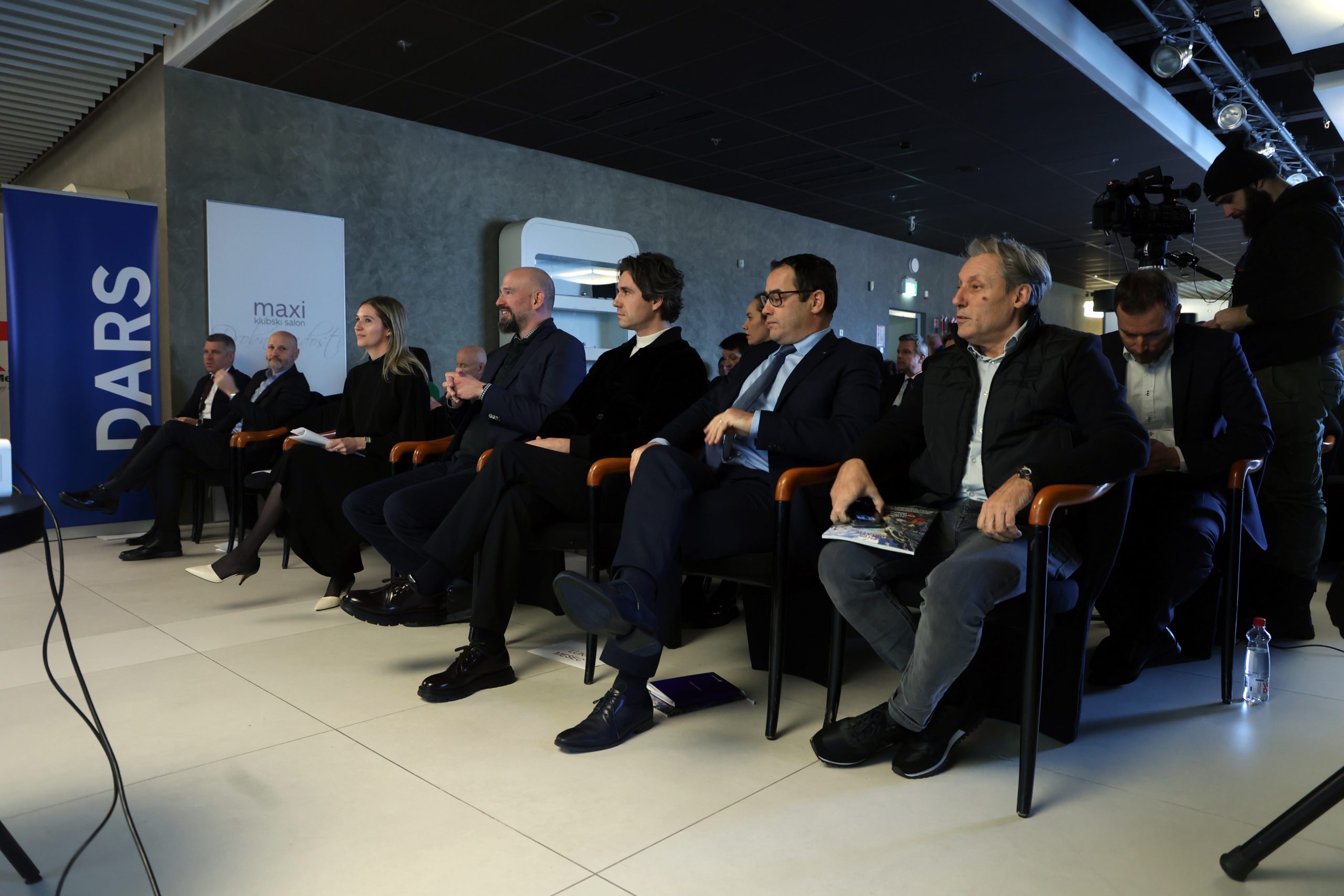
He went on to highlight the importance of diversification, pointing out that the Slovenian economy is one of the most diversified in the world, which means it is not dependent on a single industry. Jože Bajuk, a member of the board of Petrol, concurred, stating that diversification is extremely important for large companies such as Petrol, as it does not limit companies territorially in terms of production and operations. Bajuk also emphasized the importance of innovation in applied technologies, saying, “We are a highly innovative company that runs its business efficiently. You can upgrade solutions and processes through purchases and acquisition of people who have come up with findings and innovative solutions. And new technologies coming to the market mean a new opportunity for us.”
As the world continues to grapple with the impact of technological advancements, the importance of innovation in navigating uncertain times has become increasingly clear. This was the focus of a recent round table discussion hosted by the Atlantic Monthly, featuring leaders from the insurance, energy, and banking sectors in Slovenia.
Aljoša Tušek, founder of Tushek Hypercars, noted that while multiple drive technologies will likely remain available, there will not be a definitive displacement of any one technology from the market. He emphasized the unique strengths of his company’s electric drive, which is 30% more efficient and 50% lighter than other electric drives on the market.
Valentin Hajdinjak, President of the board of DARS, highlighted the importance of innovative leadership, emphasizing the company’s focus on investing in employees and upgrading processes through digitalization. DARS has transformed from a highway builder to an active traffic manager, with a focus on ensuring greater traffic flow and safety for drivers.
Maja Krumberger emphasized the importance of a blended approach, noting that “only digital approach and with the help of artificial intelligence is not the right answer.” The round table agreed that demography, with Slovenia having one of the oldest populations in Europe, is a key challenge in the region, and that the right mix of human and digital approaches is crucial for success.
The conclusion was marked by a networking reception, featuring refreshments provided by Mercator and a selection of wines from Kleti Brda.
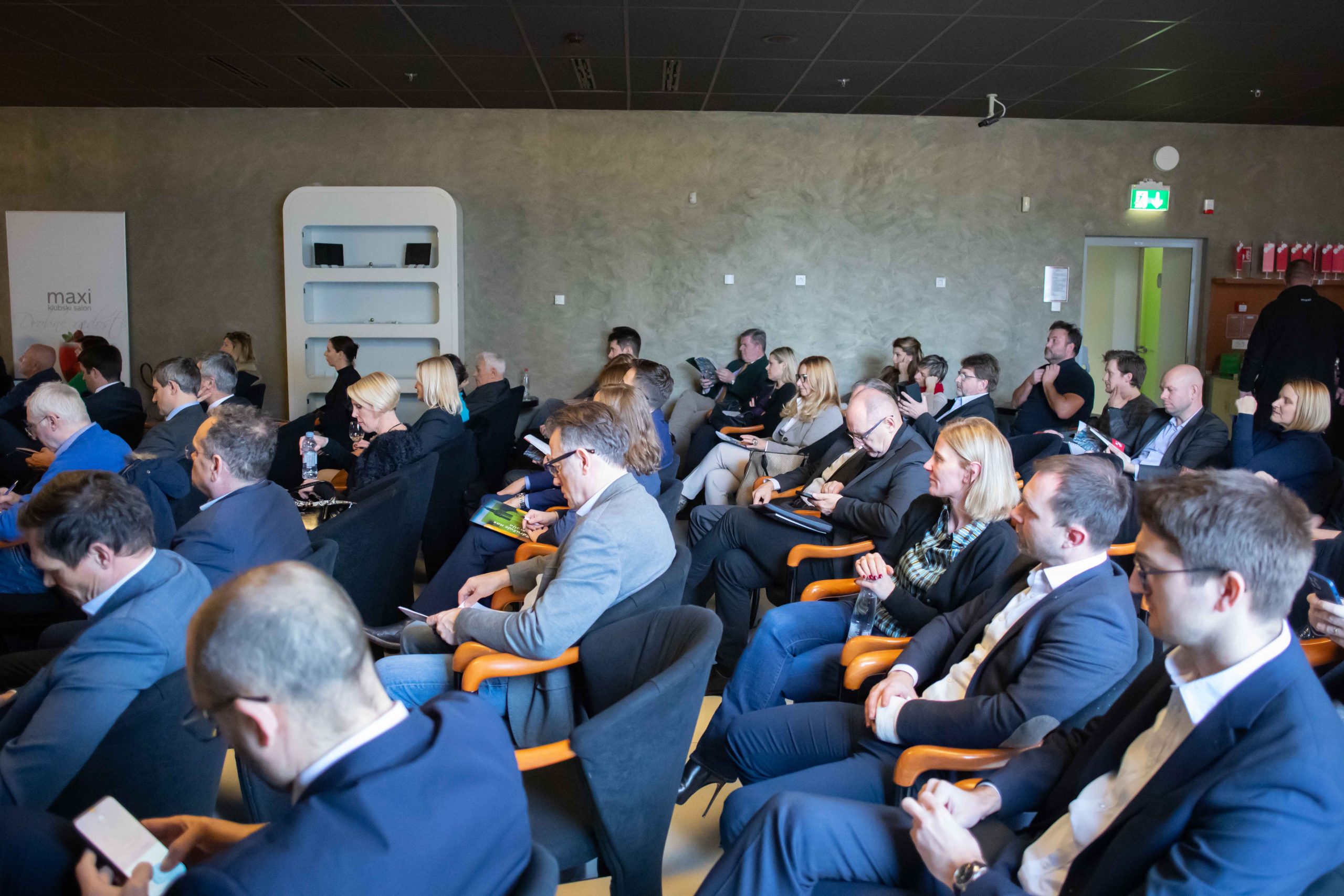
The Region more connected
editor
Maja Dragović
JOURNALIST
The recently established Open Balkan initiative aims to make better use of opportunities in the Western Balkans. It currently includes three countries: Serbia, North Macedonia and Albania. Mihailo Vesović, Director of Division for Strategic Analyses, Services and Internationalisation at the Serbian Chamber of Commerce, talks us through the initiative's main goals, benefits it may provide its citizens and the ongoing obstacles for companies in the region.
What are the initiative’s main goals?
Albania’s prime minister Edi Rama, North Macedonia’s prime minister Zoran Zaev and Serbian President Aleksandar Vučić have launched the initiative to implement certain principles of free movement of goods, people, services and capital in the three countries and to show how regional initiatives can be implemented.
The goal is to reduce or completely eliminate the waiting times for trucks at border crossings through an ICT system that defines all necessary documentation in advance, harmonizing and recognizing certificates and control mechanisms that ensure compliance with quality standards, stronger risk analysis and introduction of practical controls mechanisms that exist in the EU.
Another goal is to provide access to the labor market for all citizens of these three countries under identical conditions as the citizens of home country.
Citizens and companies within the Open Balkan initiative will get concrete benefits in the form of certain discounts on goods and services.
The aim is also to ensure the free flow of services and, at a later stage, capital within the Open Balkan. Finally, the goal is to create a union based on standards and principles of the EU before joining the EU, and thus enable companies from these three countries to have access to the EU single market in agreement with the EU.
The Open Balkan initiative creates a market of 12 million consumers where administrative barriers have been eliminated and a common economic area is established. What will the region gain from this economic space?
It will provide better business conditions, lower prices of goods and services due to fewer administrative barriers and thus making goods and services from the area more competitive in the global market.
The region will be more connected, providing companies better placement of goods and improving standards to be ready for the EU market. It will also enable full cooperation of institutions, bodies, agencies between these three countries, which will build greater trust both in the administration and at the political level.
At the moment, the biggest obstacles are the Western Balkans border crossings to the EU and long waiting times.
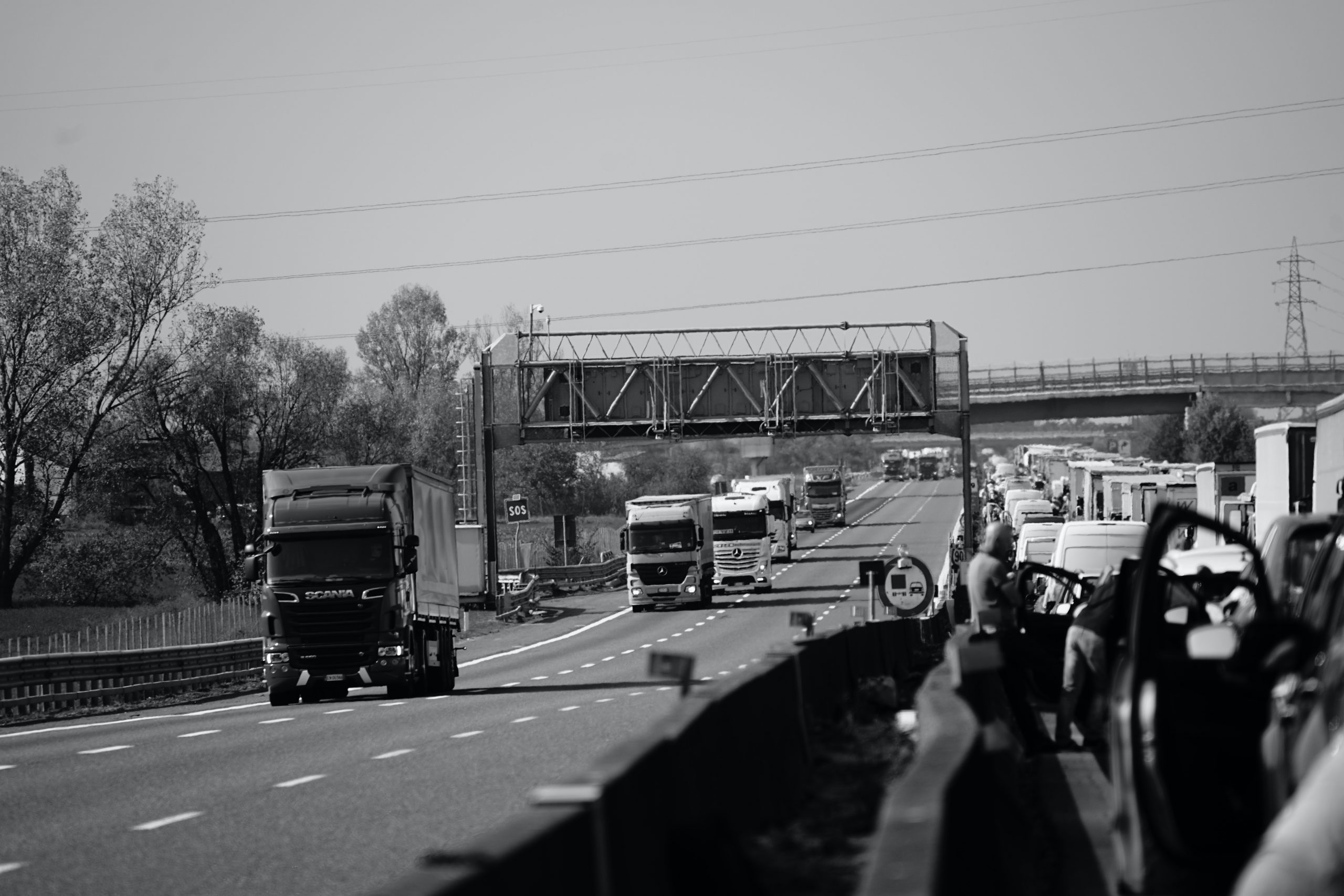
What are currently the biggest obstacles to doing business in the Western Balkans?
At the moment, the biggest obstacles are the Western Balkans border crossings to the EU and long waiting times, especially at the border crossings between BiH and Croatia and the border crossings between Serbia and Croatia and Serbia and Hungary.
Waiting times for trucks at border crossings are a problem we have been trying to solve for years. At the intraregional crossings, within the Western Balkans, after last year’s establishment of the so-called green corridors within CEFTA, waiting times were reduced to a tolerable level. We are trying to reduce them further, and several initiatives initiated by the Serbian Chamber of Commerce have been directed in that direction, both within Serbia and regionally.
Within the region, we would also like to see faster implementation of the Action Plan for the Common Regional Market. From an economic point of view, there are a number of additional costs that we believe can be avoided through mutual recognition of certificates accompanying goods, certificates of conformity, as well as more rational risk control at crossings within the region. In terms of services, all six chambers of commerce in the region want to see full liberalization of service provision, mutual recognition of licenses and the creation of a common market in this segment as well.
For this very reason, the Republic of Serbia, together with Albania and North Macedonia, launched the Open Balkan initiative, in order to remove the remaining barriers in mutual business. It is important for us to point out here that this initiative is also open to the remaining six economies of the Western Balkans, and we hope that they will join soon.
How the Slovenian support Environment for Start-ups is connecting with the Western Balkans
editor
Jan Tomše
JOURNALIST
Slovenia boasts an extremely diverse support environment for start-ups and fast-growing companies. Although it is a small country, Slovenia generates an enviable number of innovative start-ups, a large proportion of which achieve globally successful breakthroughs. The state plays an important role in the development and the global competitiveness of the supportive environment, both through substantive backing and funding.
“Innovative ideas with high added value, which are essentially high-tech, green, sustainable, socially responsible, and digitally supported, lead to the creation of high-quality jobs, economic growth, global competitiveness and, last but not least, can provide answers to the most complex social and other challenges of humanity,” explains Tomaž Kostanjevec, PhD, director of SPIRIT Slovenia, the public agency that exercises programmes for promoting entrepreneurship.
In addition to talented individuals, access to capital is essential for the development of such ideas, throughout all stages of a company’s development. Global rapid growth often requires investments of millions of euros. “Banks do not usually finance such projects due to the high risk involved, so venture capital is key. Without start-up investment and access to capital, even the most promising ideas have little chance of coming to life,” says Kostanjevec.
INFORMATION, WORKSHOPS, IDEA ASSESSMENT, MENTORSHIP
One of the important roles in increasing the chances for good ideas to take off is played by SPIRIT Slovenia, a public agency under the auspices of the Ministry of Economic Development and Technology. The agency has been running several programmes to promote entrepreneurship since the very beginning of the creation of a supportive environment more than a decade ago.
SPIRIT Slovenia currently co-finances 21 innovative entities promoting entrepreneurship in all Slovenian regions. They provide information, workshops, business idea assessment and diagnostics, mentoring, and advice to innovative entrepreneurs, as well as accelerator programmes and competitions for best business ideas, activities to strengthen the entrepreneurial community and other related activities.
“The arrival of the corona has exposed many social structural weaknesses that were previously unconscious or more hidden. Overnight, it became even clearer how important are innovation, sustainability, green approaches, social responsibility, and adaptability to new circumstances. Companies have been forced to innovate to a higher degree, to think outside the box, to adapt their business models, and to digitize,” remarks Kostanjevec. He adds that start-up investments are important not only in stimulating and bringing about the innovation born in start-ups, but also in helping existing companies innovate and adapt their business models. This is where start-up investments can play an important role, provided, of course, that it is not about solving unpromising situations, but about newly discovered opportunities, says Kostanjevec.
SPIRIT Slovenia is also active in promoting women in entrepreneurship, and also provides direct subsidies for digitalization and international business.
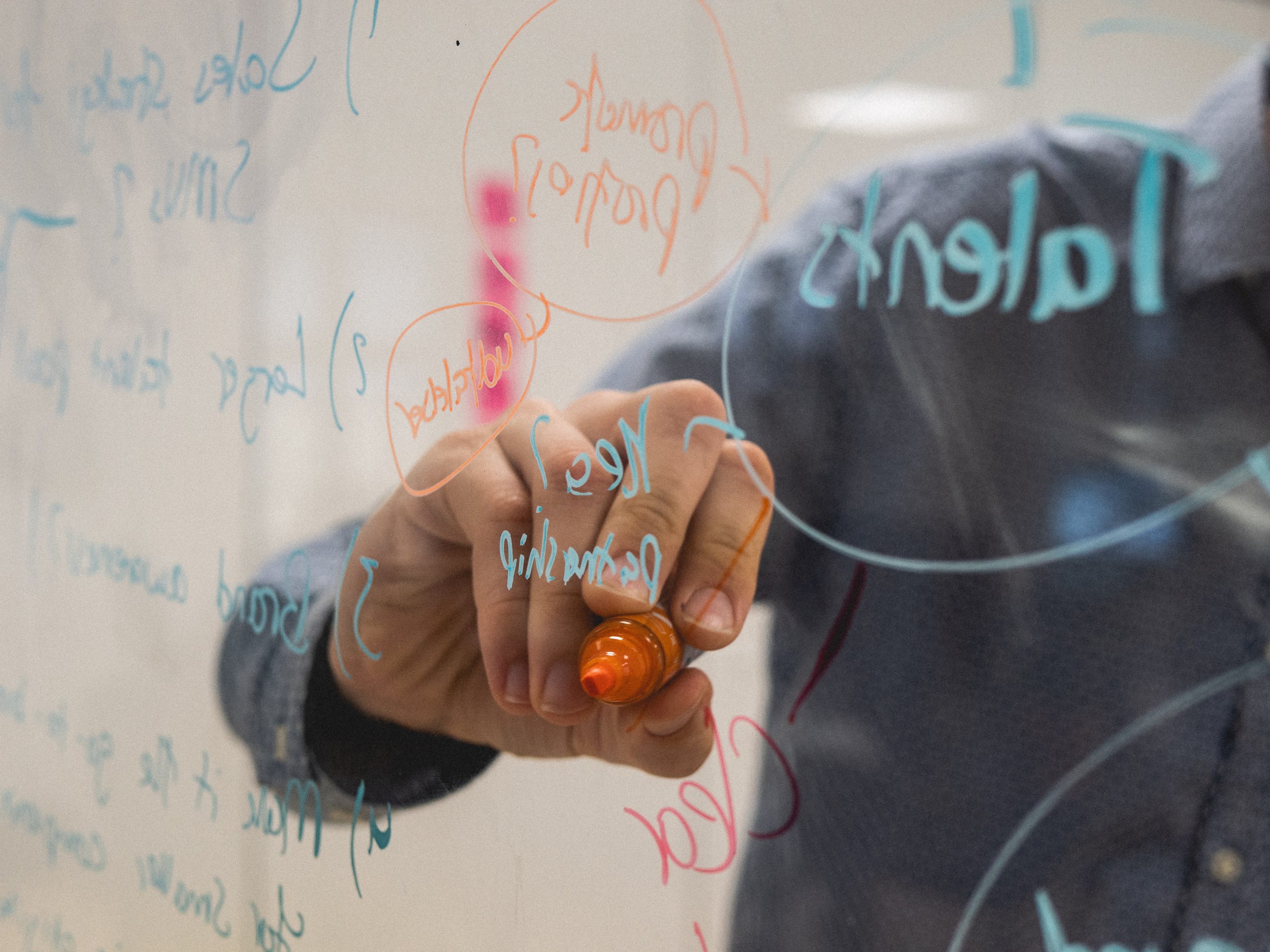
FROM SLOVENIA TO THE WESTERN BALKANS
Entrepreneurial success requires a lot of support on different levels: at school, in acquiring knowledge, and in developing both creativity and an entrepreneurial mindset. Later on, when developing an innovative idea, mentors and advisors are essential. Companies need proper interlocutors, often with access to research equipment, capital, business premises, and other infrastructure. “Same as with top athletes, it is difficult for entrepreneurs to succeed on their own, which is why support is a must. Without the right support, there would be significantly less entrepreneurial success,” says Kostanjevec. He gives the example of how entrepreneurship is supported in the early stages by SPIRIT Slovenia. “We have two strong platforms. The first is the national SPOT system, which brings together a range of support services offering free help, information and advice to businesses.The second platform is SIO, which connects business and university incubators, accelerators, technology parks, and other environments that enable the creation and growth of new businesses.” More than 120 mentors and 200 business advisors are connected to SIO centres. Each year, they organise more than 600 workshops, lectures, startup weekends, informal meetings and other training events, supporting more than 100 entrepreneurs on their entrepreneurial journey. “We can proudly say that SPOTs and SIOs represent a solid foundation and a central infrastructure for the creation of new breakthrough entrepreneurial stories in Slovenia,” says Kostanjevec.
But SPIRIT Slovenia’s activity does not stop outside domestic borders. They are also actively involved in the entrepreneurial environment of Western Balkans countries. “We are aware that we should not operate in a bubble, but cooperate internationally. That is why we have strong links and cooperation with the countries of the Western Balkans. Not only at an umbrella level, but also at the level of companies, organizing delegations, visits, promoting international trade. It is important to underline the importance of sharing knowledge, good practices and connecting entrepreneurs. The Slovenian entrepreneurial ecosystem, including SPIRIT Slovenia, has the desire and ambition to see even more of this kind of networking in the future,” explains Kostanjevec.
“In the Western Balkans, we can provide good entrepreneurial support to innovative entrepreneurs, and we can also find niches where we are already leaders. We are very proud that Slovenia is becoming an European leader in the number of the so-called “hidden champions” – many Slovenian companies are world leaders in specific areas in high-tech and niche technologies,” says Kostanjevec, adding that this knowledge, case studies, technology, along with all the support services, are now becoming increasingly available in the Western Balkans, to entrepreneurs and to individuals striving to enter the world of entrepreneurship.
So far, SPIRIT Slovenia has helped numerous high-growth, globally disruptive companies take off through its SIO programme. Here are some of them:
- OLLO Audio, which is developing the Play2Me system for professional low-frequency audio listening outside a studio,
- VIAR, which is developing virtual and augmented reality solutions to enable faster training and the use of simulation in employee training, digitisation and better visualization of work instructions,
- Agitron, which develops and sells Agitron Smart Labels, digital labels based on e-paper technology that offer dynamic display of content on digital labels over several years without refilling.




